
What are the lessons we can learn from Wilberforce today? What about the continued challenges of modern slavery? The Centre for Enterprise, Markets and Ethics, together with CCLA, are delighted to announce an upcoming event on the topic. Title: Is William Wilberforce relevant for today’s society? Date: Wednesday, 24 April Time: 3pm to 5.30pm […]

There are growing concerns that capitalism and democracy are in crisis. Despite the success of free markets in creating global prosperity over two centuries, the recent slowdown in growth in Western economies, the persistence of inflation, increasing economic inequality, financial instability and the explosion in debt have called into question the value of market capitalism. […]

Most of us have probably witnessed the flurry of news coverage surrounding Google’s Gemini and its blunders in generative imaging – leading incumbent CEO Sundar Pitchai to admit that, ‘I know that some of its responses have offended our users and shown bias – to be clear, that’s completely unacceptable and we got it wrong’. […]
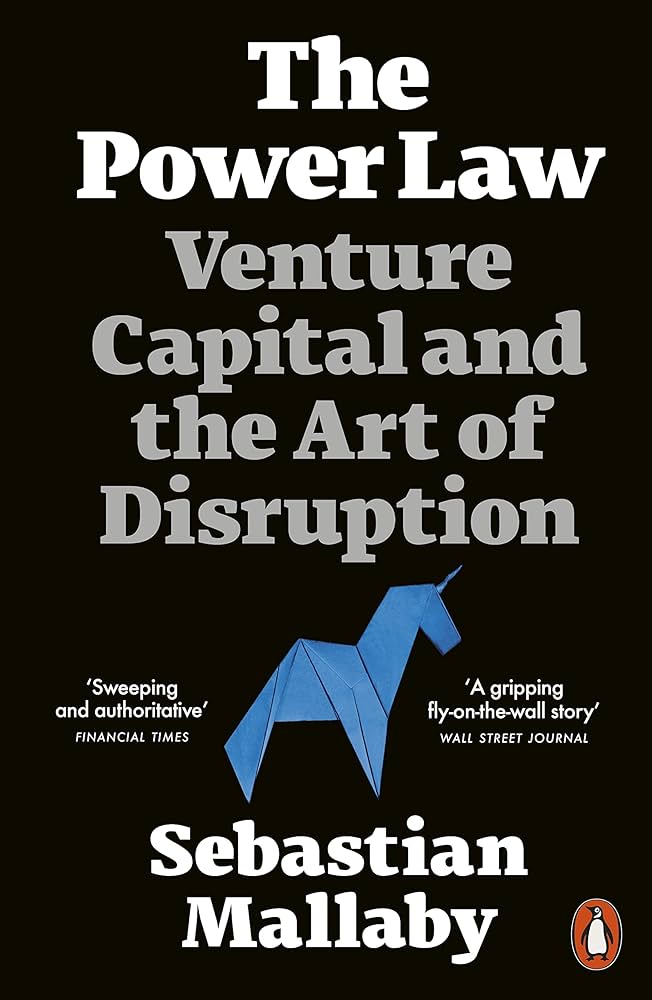
In the UK at least, the public image of the private equity industry is not good: those involved in it are widely regarded as a secretive, avaricious, immoral plutocracy that needs to be reined in. One may, however, wonder how many people know enough about the industry to be able to assess it properly, and […]

One way to approach biblical texts is to read them as if they prescribe economic medicine for modern social maladies. For example, Paul Mills argues that an appropriate and devout appreciation of the Jubilee of Leviticus 25 will result in the construction of an economic system where no interest is charged on debts. This has […]
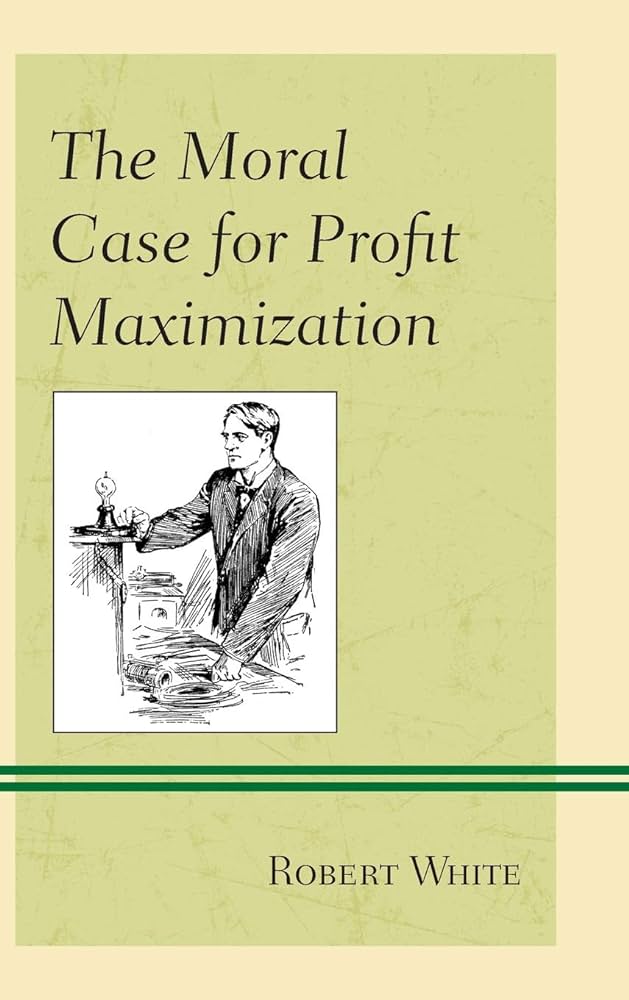
Robert White is dean of faculty and assistant professor of philosophy at the American University in Bulgaria. He was previously Chair and dean of the Faculty of Business. He teaches courses on business ethics and the philosophy of capitalism and has previously written on Adam Smith and also on aspects of the idea of profit. […]
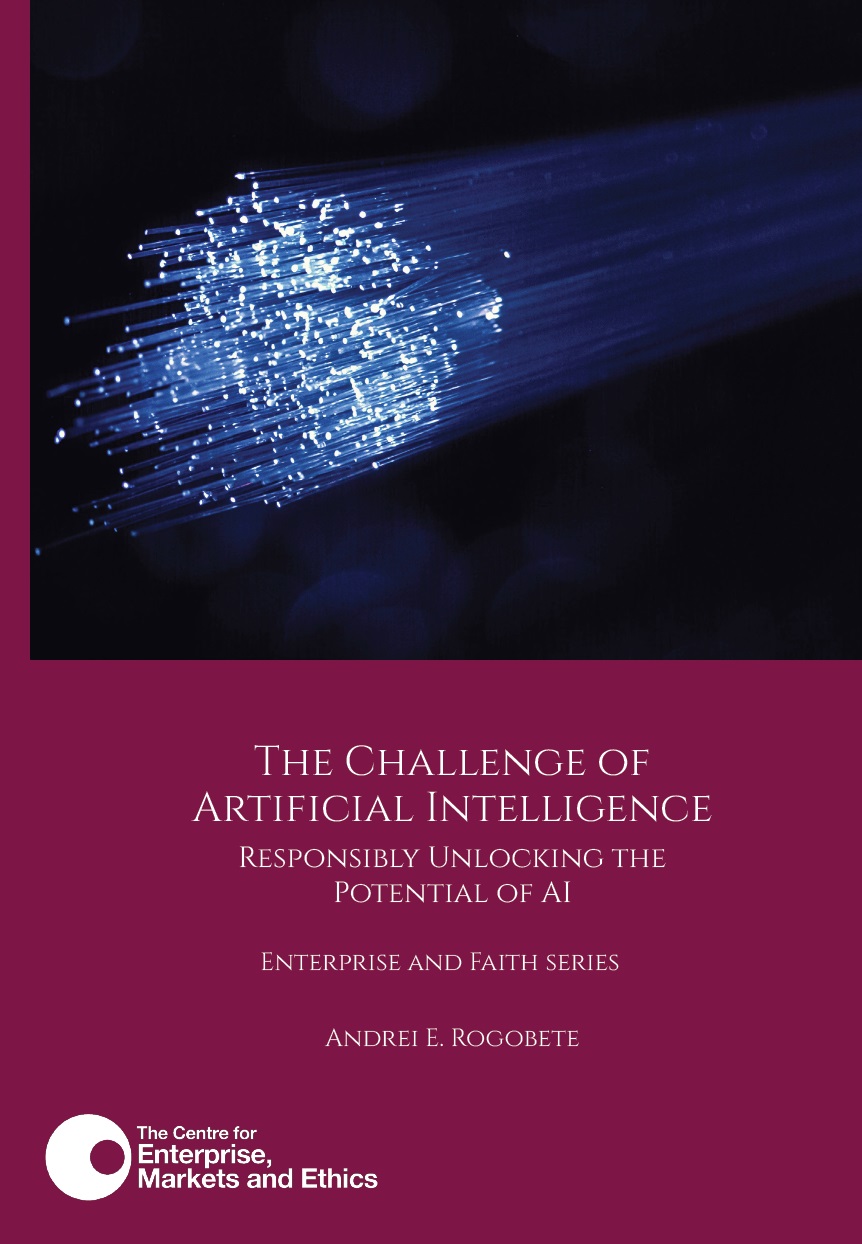
The Centre for Enterprise, Markets and Ethics (CEME) is pleased to announce the publication of The Challenge of Artificial Intelligence: Responsibly Unlocking the Potential of AI by Andrei E. Rogobete. A PDF copy can be found here. A hardcopy of the publication can be ordered by contacting CEME’s offices at office@theceme.org […]

Join us for this episode of the CEME video podcast where our host Graeme Leach interviews Dr Andrew Lilico. Dr Andrew Lilico is Executive Director and Principal of Europe Economics. He has over 15 years’ experience of providing expert economic advice to clients around the world. Andrew has previously been the Chief Economist of Policy […]

Join us for this episode of the CEME video podcast where our host Graeme Leach interviews Prof. Philip Booth. Philip Booth is Professor of Finance, Public Policy and Ethics at St Mary’s University, Twickenham where he also serves as the Director of Catholic Mission. He teaches and researches in fields related to economics, political economy, […]

We were delighted to host a joint event on the 30th November 2023 between the Centre for Enterprise, Markets & Ethics (CEME) and the Las Casas Institute for Social Justice (Blackfriars Hall, University of Oxford), on the theme of “Finance for the Common Good”. Our speakers addressed a range of issues such as the interplay […]
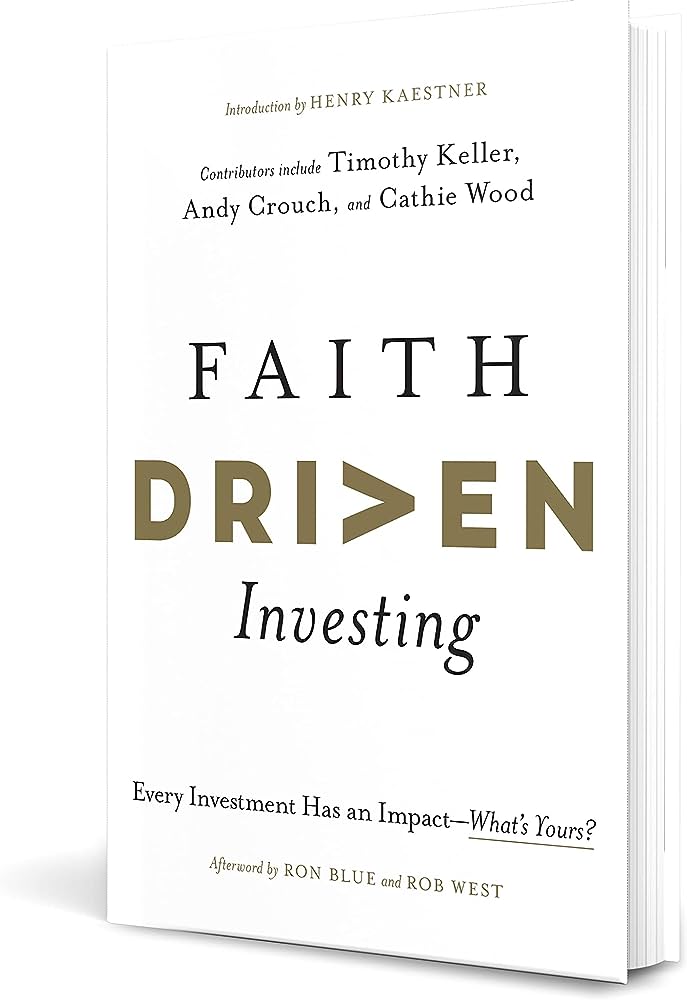
At first glance some readers (myself included), might be mistaken to assume that Faith Driven Investing is another “how to” guide on ethical investing – it is not. In fact, the book has very little to say about investing per say and rather focuses on the “faith driven” investors themselves and the wider role of […]
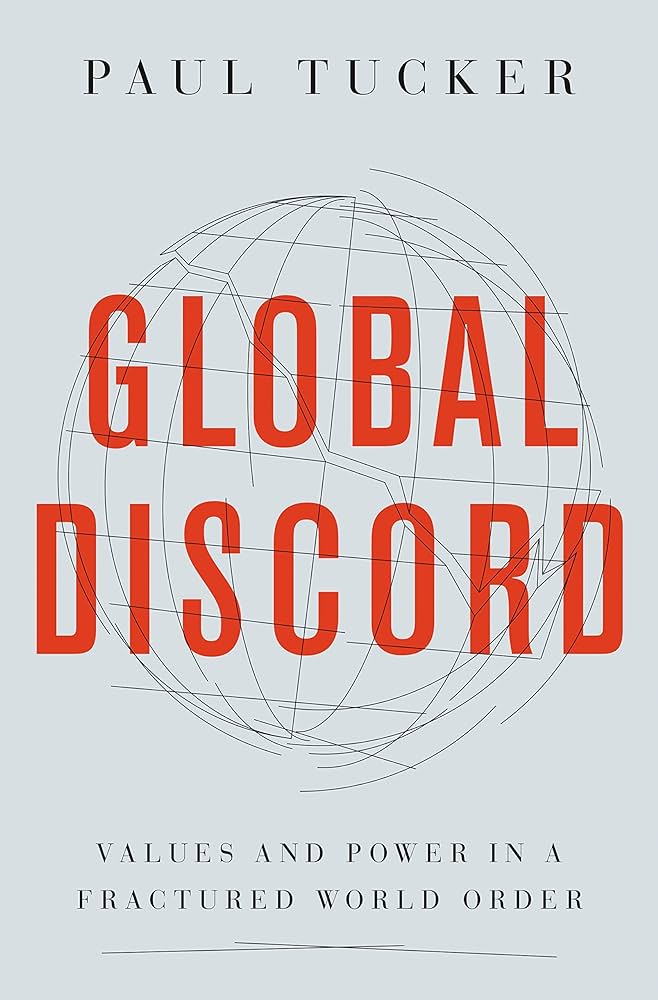
Global Discord does not fit neatly into any of the categories of book that are reviewed on this website. It is not primarily a book about business, capitalism or wealth and poverty. In fact, it is not primarily about economics. However, its focus is on something of crucial importance to all of these things: the […]

A recent report by McKinsey & Co. addresses the impact of generative AI on the future of business. It makes several startling predictions: – Generative AI’s impact on productivity could add trillions of dollars in value to the global economy. Generative AI could add the equivalent of $2.6 trillion to $4.4 trillion annually across […]
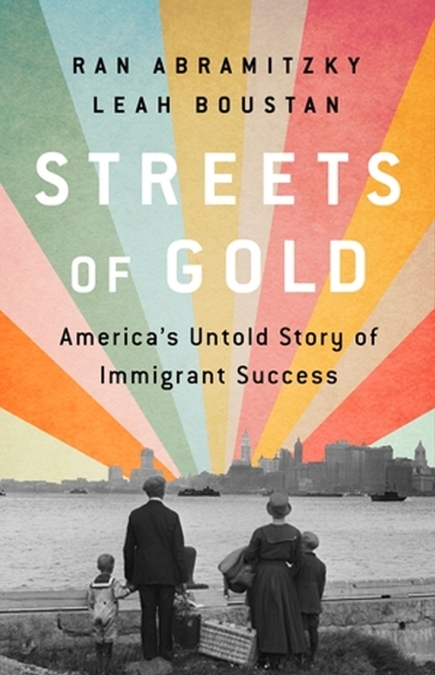
Ran Abramitzky and Leah Boustan provide a compelling, data-driven account of the multigenerational progress of immigrants to the United States in Streets of Gold: America’s Untold Story of Immigrant Success. This book is the result of years of research using ancestry.com data to provide clear evidence on a topic that is often spoken about with […]

Numerous modern authors draw on biblical texts as support for economic rules in modern societies. Notably, contemporary writers often draw contradictory conclusions about the message and intent of the texts in their ancient settings, as well as about the rules that they derive for modern life. In this article, I show the methodological failures of […]

Deirdre McCloskey’s Bourgeois Era trilogy comprises a magisterial analysis of the causes of what McCloskey calls “The Great Enrichment” (i.e. the 30+ fold increase in human material wealth since 1800). All three volumes are well worth reading but they are long – 1,700 pages in all – and thus have limited reach. Art Carden has, […]
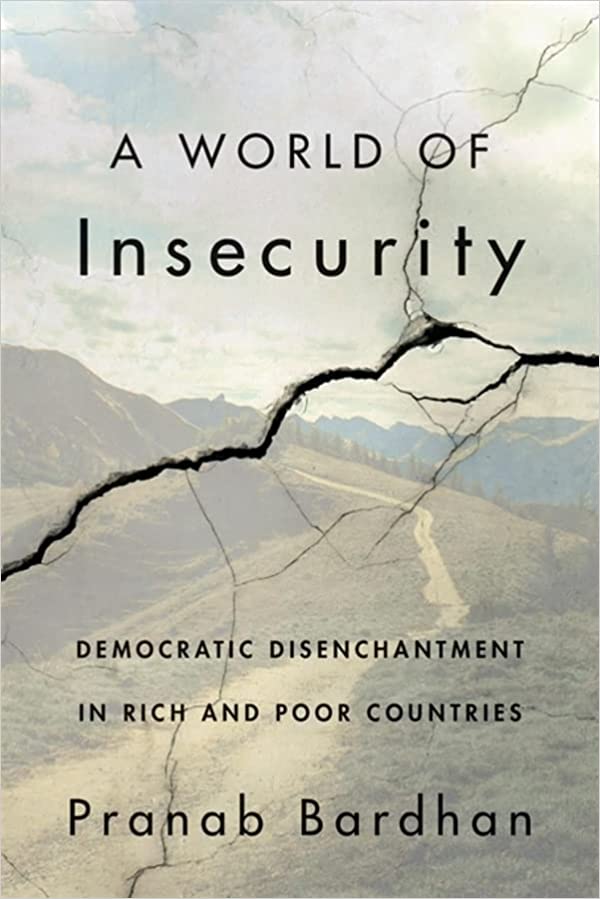
The starting point of a World of Insecurity is that democracy is under threat across the world and that this threat comes from the acts of elected governments themselves and, particularly, from the rise of populist governments. This is becoming a common theme (see, for example, The Economics of Belonging. Bardhan, however, suggests that his […]
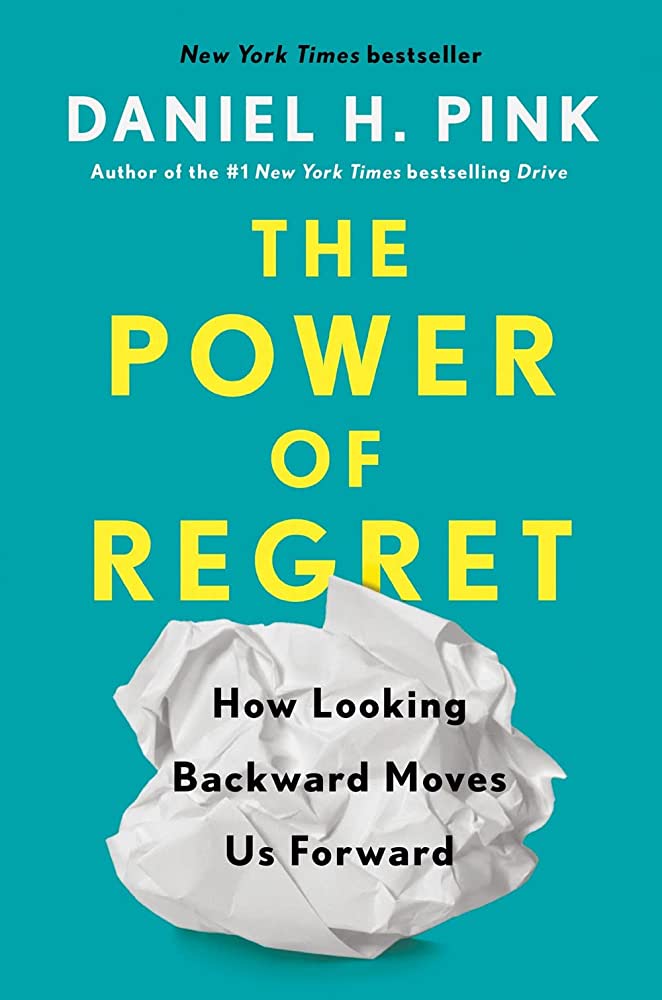
The American social psychology author, Daniel Pink, has written a number of best-selling books concerning human motivation, performance and innovation. The Power of Regret- How looking Backward Moves Us Forward continues the genre and, filled as it is with both anecdote and analysis, is an engaging and enjoyable read. A wide range of people will […]
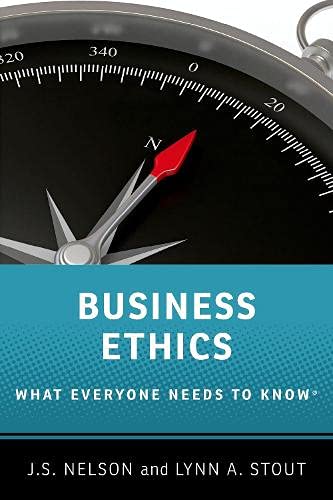
Business Ethics: what everyone needs to know by Josephine Nelson and Lynn Stout brings a distinctive angle to the discussion by interweaving the field of business ethics with components of law and legal practice. It also branches out into wider peripheral subjects such as philosophy, psychology, and organisational management. Josephine Nelson is Professor of Law […]
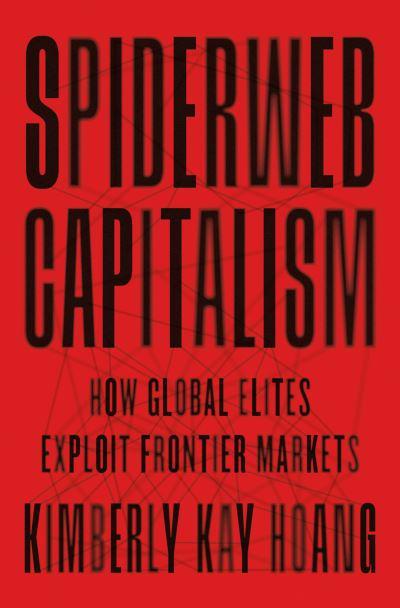
Kimberly Kay Hoang is an Associate Professor of Sociology at the University of Chicago. In Spiderweb Capitalism, she both describes and draws conclusions from her research into the way in which business is conducted in Vietnam and Myanmar. Some of her conclusions do not follow from her findings, her terminology and analysis is laden with […]

In this latest episode of the CEME Podcast, Revd. Dr. Richard Turnbull (Director, CEME) interviews Dr Graeme Leach on the topic of God and Economics. Graeme Leach is a professor of economic policy and a member of the Shadow Monetary Policy Committee (SMPC) of high profile UK macroeconomists. He has written numerous articles for The […]
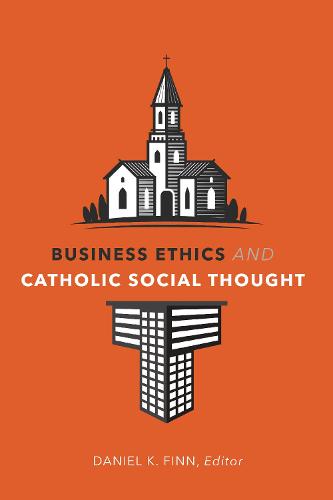
Daniel Finn holds chairs in both Economics and Theology at St John’s University and the College of St Benedict in Minnesota. He is, therefore, both a representative and exponent of the intellectual tradition within Roman Catholic thought that seeks to apply Christian thinking to economics and business. Finn has brought together 12 authors to contribute, […]

A recent report by the Resolution Foundation entitled “ISA ISA Baby” proposes that the UK’s low levels of household savings be remedied by revising and expanding the Help to Save government scheme. The authors argue that this could be funded by capping ISAs at £100k which, in their eyes, “largely benefit the already wealthy”. While […]
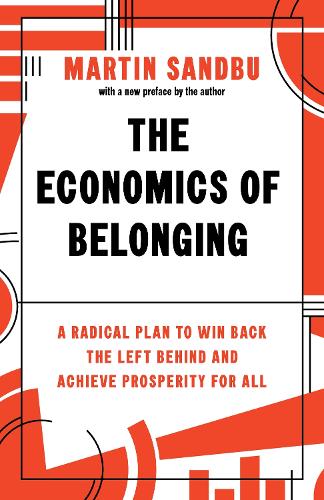
Martin Sandbu’s basic thesis in The Economics of Belonging is simple: Western liberal democracy (essentially, the post Second World War socio-economic model) is under threat from within, owing to a significant proportion of western electors losing confidence in it; this loss of confidence is caused by the erosion of a sense of economic belonging, which […]
Join us in our latest video podcast where Graeme Leach, CEO & Chief Economist of Macronomics Consulting interviews Dr Peter Warburton on the topic of Biblical Economics: Freedom & Fruitfulness. Dr Warburton has worked as an applied economist in London since 1975, graduating from Warwick University with a Masters degree and gaining a doctorate from City […]
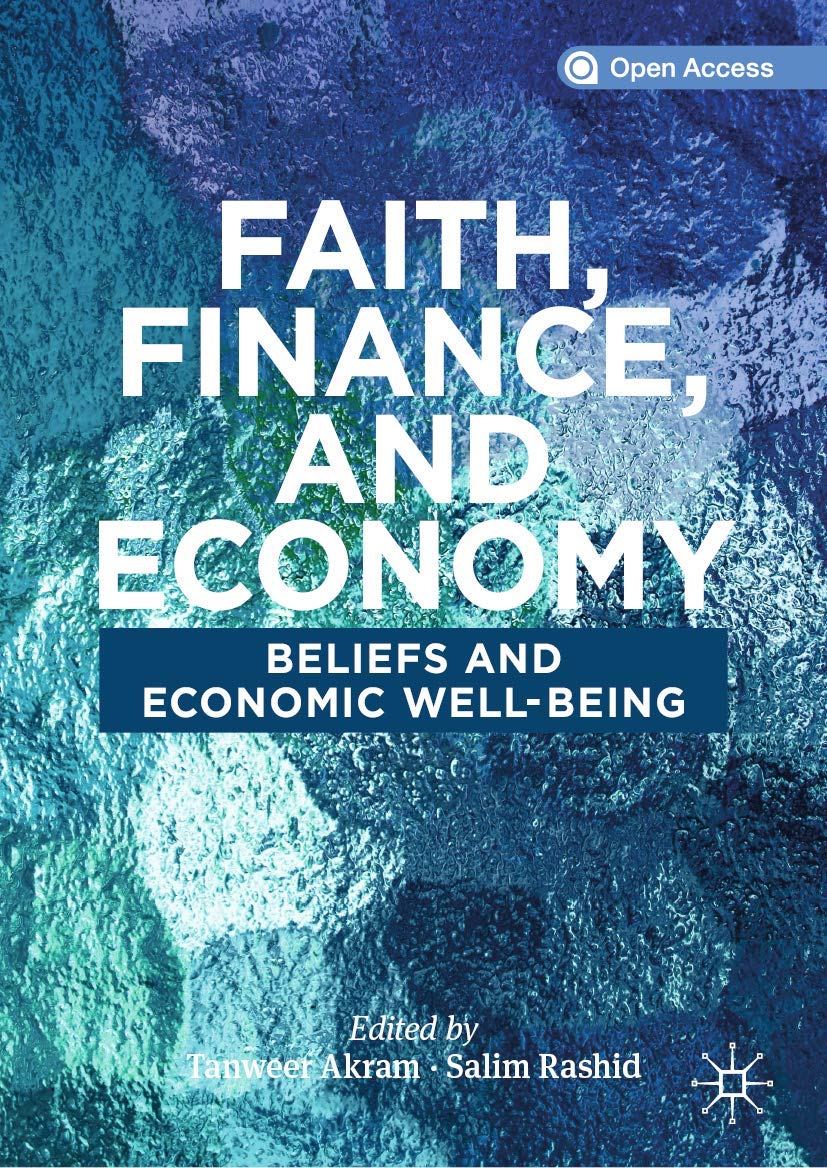
Faith, Finance, and Economy is a collection of essays broadly related to the relationship between faith and financial or economic matters. The editors state that their overall aim “is to convince the reader that faith and finance are not disjoint entities” (page 3). They do this by serving up a collection of essays that provide […]

Ethical Machines by Reid Blackman is one of the more recent books published that seek to make sense of the intersection between the domain of artificial intelligence, machine learning and the moral questions associated with the use of these technologies. This being all applied within the context of a company and its use of AI. […]
Graeme Leach, CEO & Chief Economist of Macronomics Consulting interviews Paul Williams, Professor of Marketplace Theology and Leadership at Regent College in Vancouver on the relationship between scripture and Economics. Full video available below.

The longest reign of any British monarch came to an end on the afternoon of Thursday, September 8, 2022. Queen Elizabeth II died peacefully at Balmoral Castle, her favorite residence, in the northeast of Scotland. She occupied a unique place in the hearts of the British people and countless millions beyond the shores of the […]

Who can you trust to manage the public finances and cure inflation? This is the key issue in this election campaign. Liz Truss wants to cut taxes, borrow more and start paying back after the next general election. Rishi Sunak wants to get inflation under control first as a foundation for enterprise and growth. Sound […]
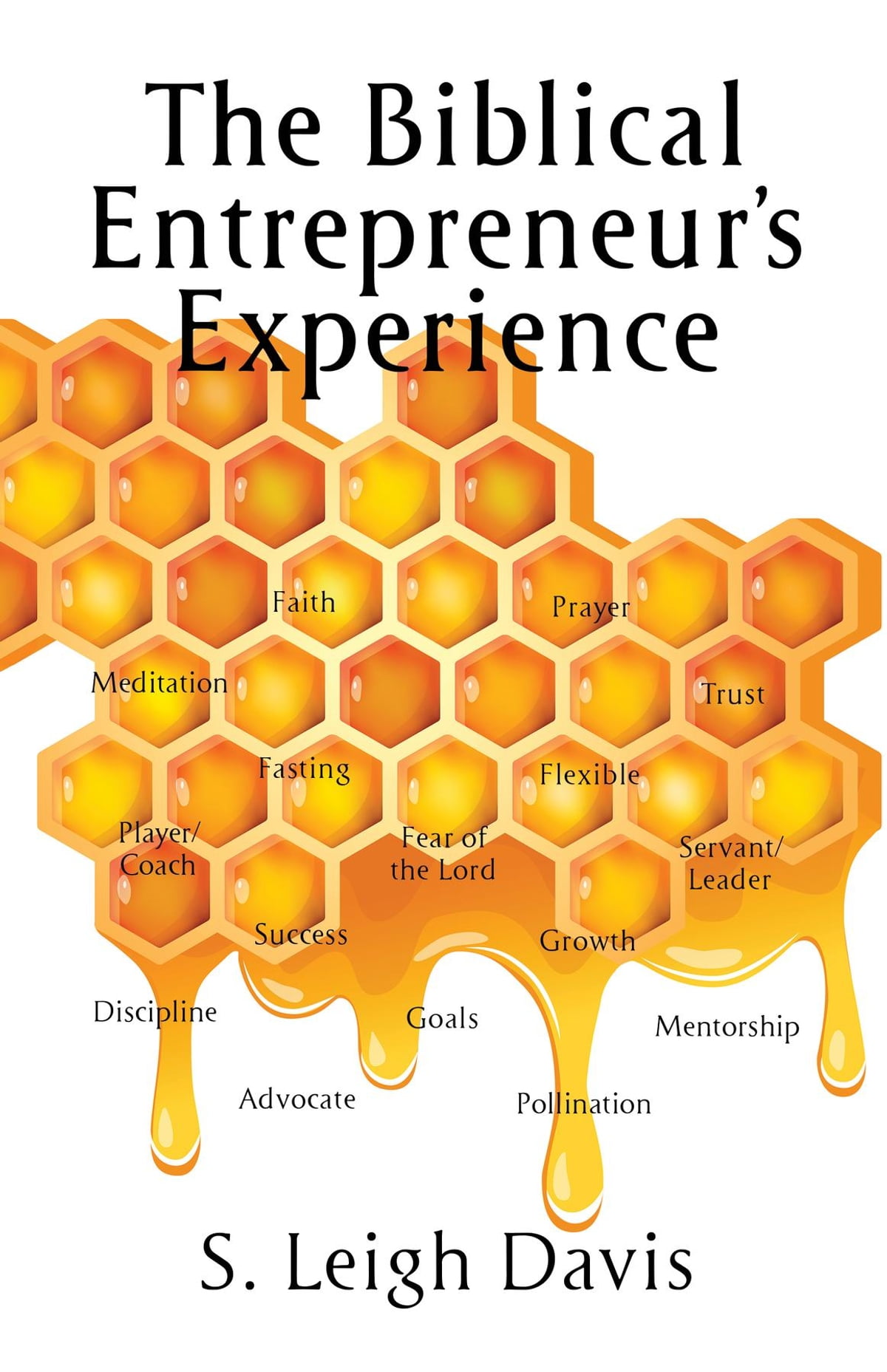
Much of The Biblical Entrepreneur’s Experience comprises a rather simplistic and selective use of scripture to support a particular world-view, namely a North American free market system. As such, it could almost be categorised as espousing a prosperity gospel, in which correctly following biblical methods will necessarily bring success in business (see Chapter 2 for […]
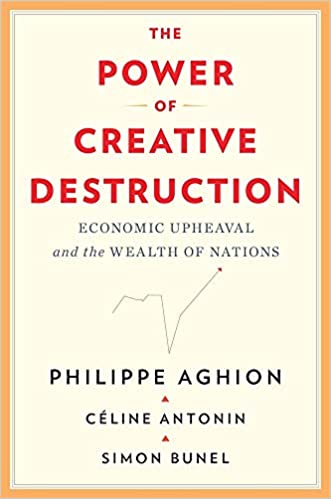
French economist Philippe Aghion has long been associated with the model of growth through creative destruction – the so-called “Schumpeterian Paradigm”. In The Power of Creative Destruction he, together with his two French co-authors, seeks to summarise this paradigm and explain its implications. The authors believe, surely correctly, that “innovation and the diffusion of knowledge […]

On Wednesday 6th July 2022 the Centre for Enterprise, Markets and Ethics (CEME) and the Institute of Economic Affairs (IEA) hosted a joint event to discuss the topical question of whether the UK public has lost faith in free markets, and if so what might be done about it. CEME’s Director, Revd Dr Richard Turnbull, […]

The economic headwinds facing Britain seem to be evermore penetrating – recently we have seen: Inflation hit a 40-year high of 9% Largely driven by the increase in utility prices and the higher energy price cap that came into effect (see chart below). ONS chief economist, Grant Fitzner said that, “Around three quarters of […]

UK inflation is at a 40-year high and rising. The consumer price index has hit 9%, the retail price index 11.1%. As the Government’s official target is 2%, the blame game is in full swing, with the main target being Bank of England and its Governor, Andrew Bailey. The Government’s priorities, outlined in the recent […]
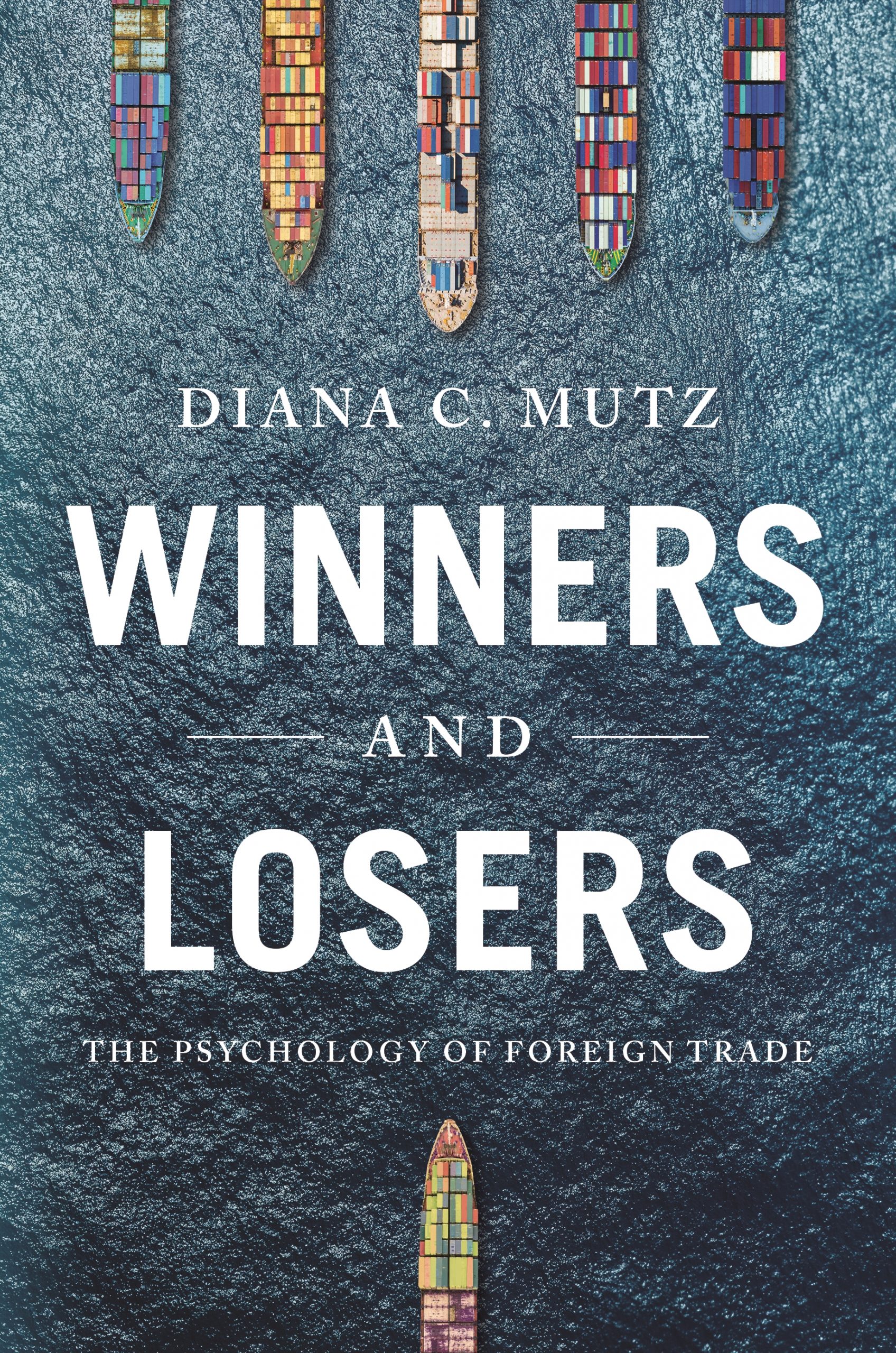
Thomas Macaulay observed that “Free trade, one of the greatest blessings which a government can confer on a people, is in almost every country unpopular.”. There is plenty of evidence to support this assertion but the reason for public hostility is less clear. What is it that impacts public opinion about trade and why is […]

It is common amongst politicians and economists to suggest that we should tax bad things and subsidise good things. It is on these grounds that, for example, we have sugar taxes and cigarette taxes. The justification for taxing “bads” becomes stronger if the ill effects are felt more widely through society and not just by […]

The P&O debacle has become a touchstone for business ethics. Few would like to be in the shoes of Peter Hebblethwaite, the Chief Executive, who admitted in oral evidence to a joint sessions of the Transport and the Business, Energy and Industrial Strategy Committees, that he had broken the law on consultation with trade unions. […]
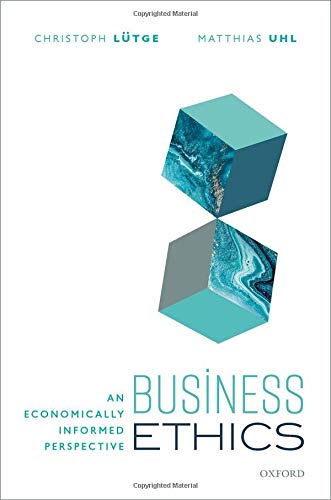
Some of the toughest and most complex challenges faced by businesses and corporations in today’s world involve ethics and morality. This is in part why the study of business ethics has now become central in MBA and other programmes. But the very complexity of these challenges, in an increasingly pluralized as well as globalized world, […]

CEME was delighted to co-host, in partnership with St Mary’s University and CCLA Investment Management, an in-person event on The Morality of Government Debt: insights from economics and Christian social thought. One economic consequence of the pandemic has been the accumulation of large amounts of public debt. This has huge ramifications and raises a wide […]

Terry Smith, chief executive of investment management company, Fundsmith, began his January 2022 letter to investors, ‘This is the twelfth annual letter to owners of the Fundsmith Equity Fund.’ Pretty routine stuff one might think. Except. Unilever was the second worse performing stock in the Fund. Smith did not hold back: “Unilever seems to be […]
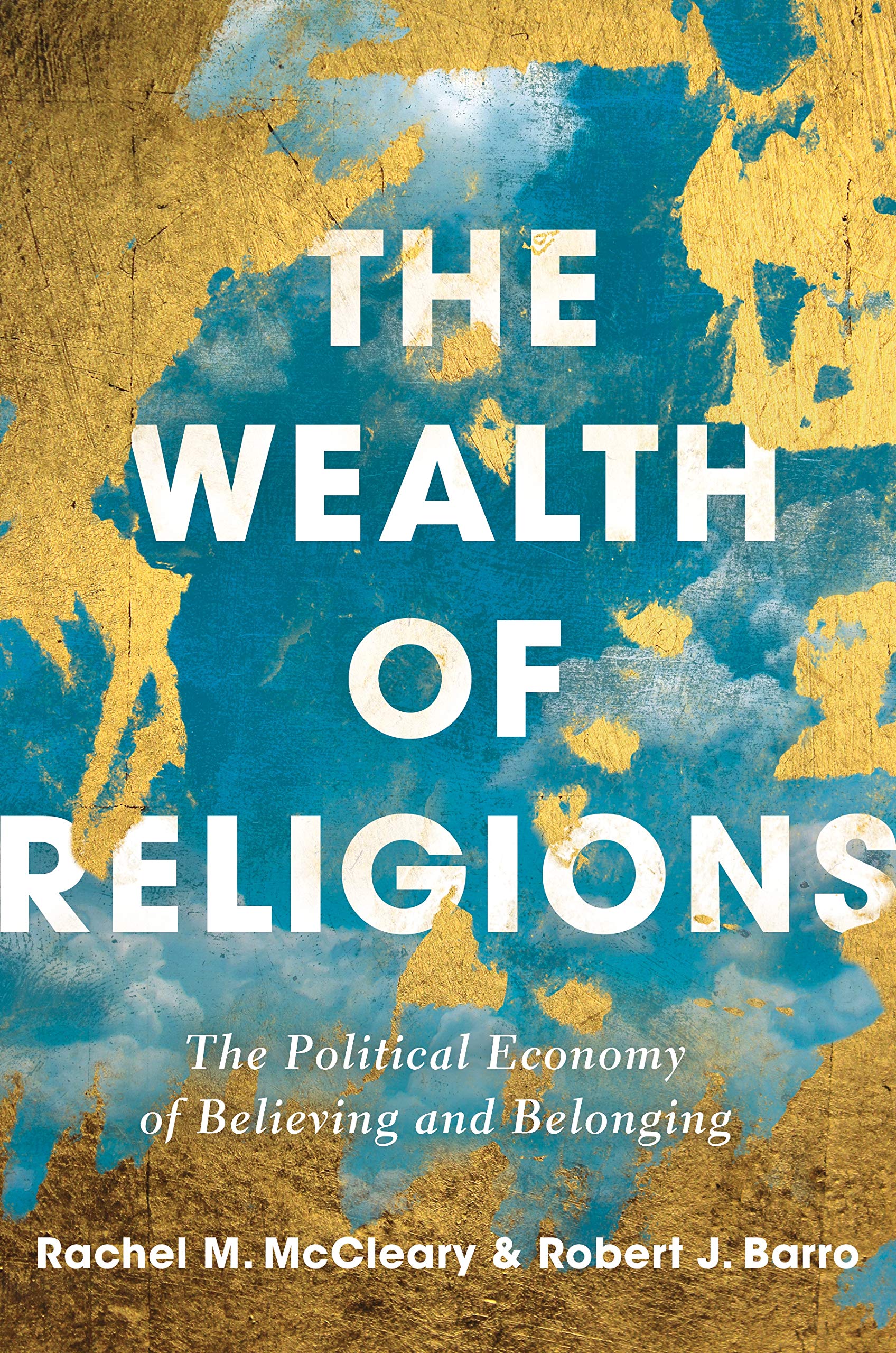
The Wealth of Religions is an unusual book. It is subtitled, “The Political Economy of Believing and Belonging” and its authors, one an economist and the other a moral philosopher (who, as it happens, are married to one another), seek to present a multidisciplinary approach to issues at the interface between religion and economics. They […]
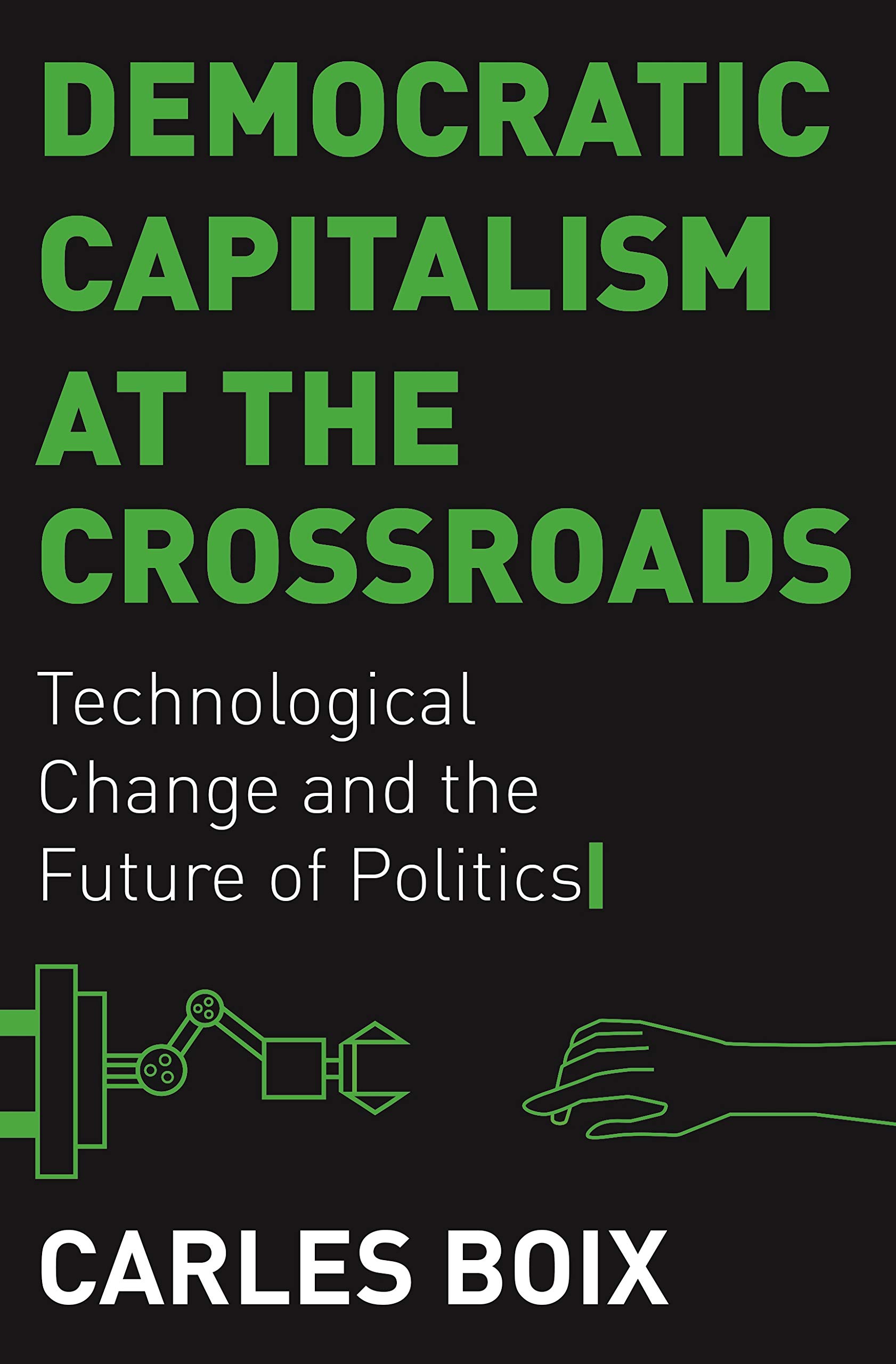
Charles Boix is Professor of Politics and Public Affairs at Princeton University. His primary research interests are in political economy and comparative politics, with a particular emphasis on empirical democratic theory. Previous notable publications include Political Parties, Growth and Equality (Cambridge University Press, 1998), Democracy and Redistribution (Cambridge University Press, 2003), and Political Order and […]
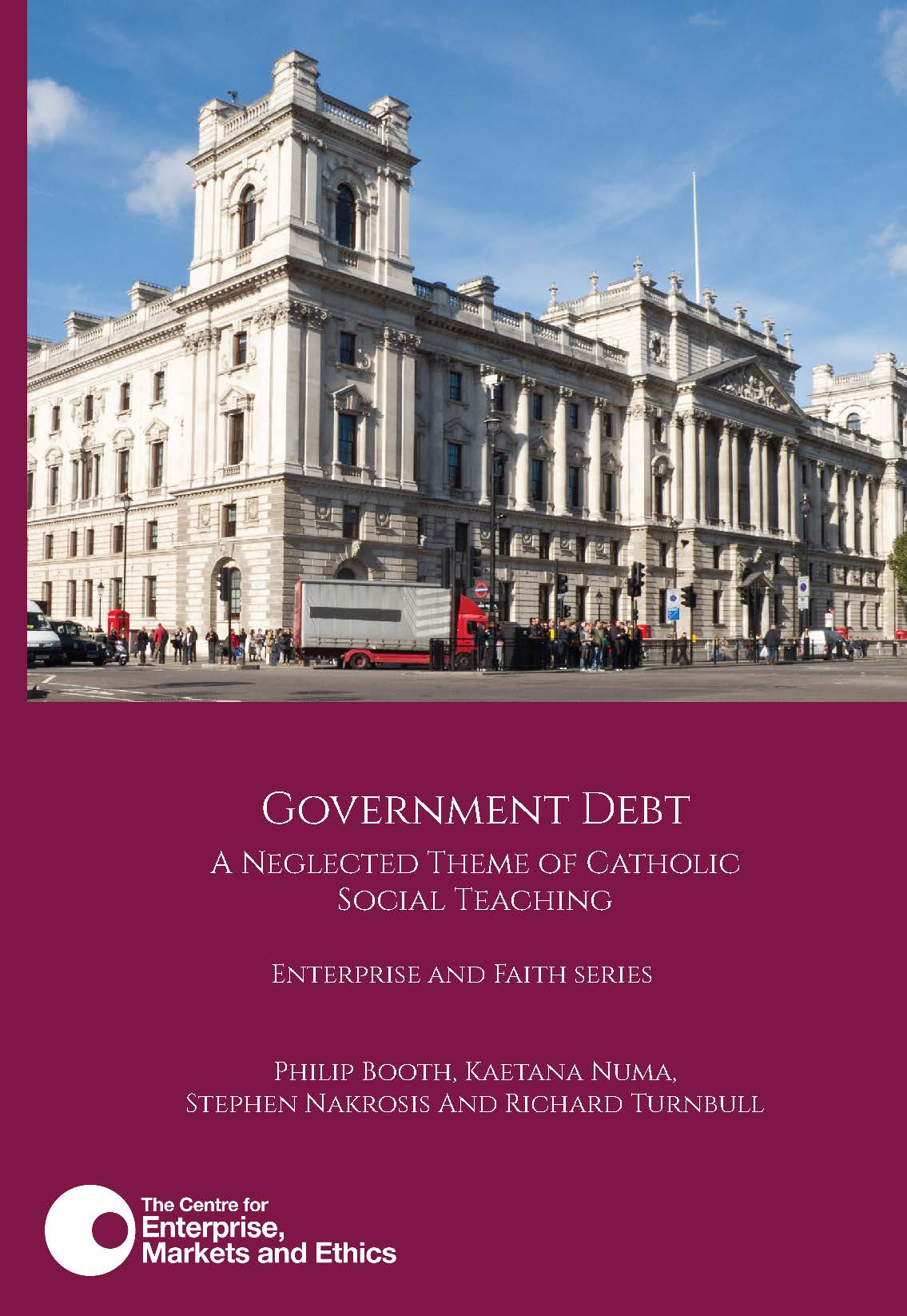
The Centre for Enterprise, Markets and Ethics (CEME) is delighted to announce the publication of Government Debt: A Neglected Theme of Catholic Social Teaching by Philip Booth, Kaetana Numa, Stephen Nakrosis and Richard Turnbull. A PDF copy can be found here. A hardcopy of the publication can be ordered by contacting CEME’s offices at office@theceme.org […]

60 per cent of business leaders and, indeed, 75 per cent of leaders in larger businesses, think profit is incompatible with a society in which people are happy. Incompatible. The figure for the general public is just 37 per cent. Similar percentages of business leaders think business should be taxed more and executives are paid […]

It’s all too easy for politicians and commentators to take a pop at businesses, casting them in the role of greedy capitalists bent on exploiting their workers to make a quick buck. Fortunately, the British public don’t seem to share that rather dismal view of the private sector. Indeed, new polling commissioned by the Centre […]

Committed churchgoers – defined as those who attend weekly – have a considerably more positive view of business and the market economy than those who lead them and teach them. This is the result of polling conducted for the Centre for Enterprise, Markets and Ethics. Savanta ComRes polled six audiences between 10th May 2021 and […]

This was first published in The Article. The Article was proud to publish one of the most important pieces we have ever carried: a warning to the Bank of England from the economist Brian Griffiths that unless it acts now to curb inflation, the UK risks sinking into the mire of stagflation — as it did in […]

UK inflation is suddenly back with a vengeance. In an interview with the Financial Times, Huw Pill, the chief economist at the Bank of England (and my former colleague at Goldman Sachs) warns that the official rate of inflation may rise above five per cent early next year. This means that the retail price index could rise […]
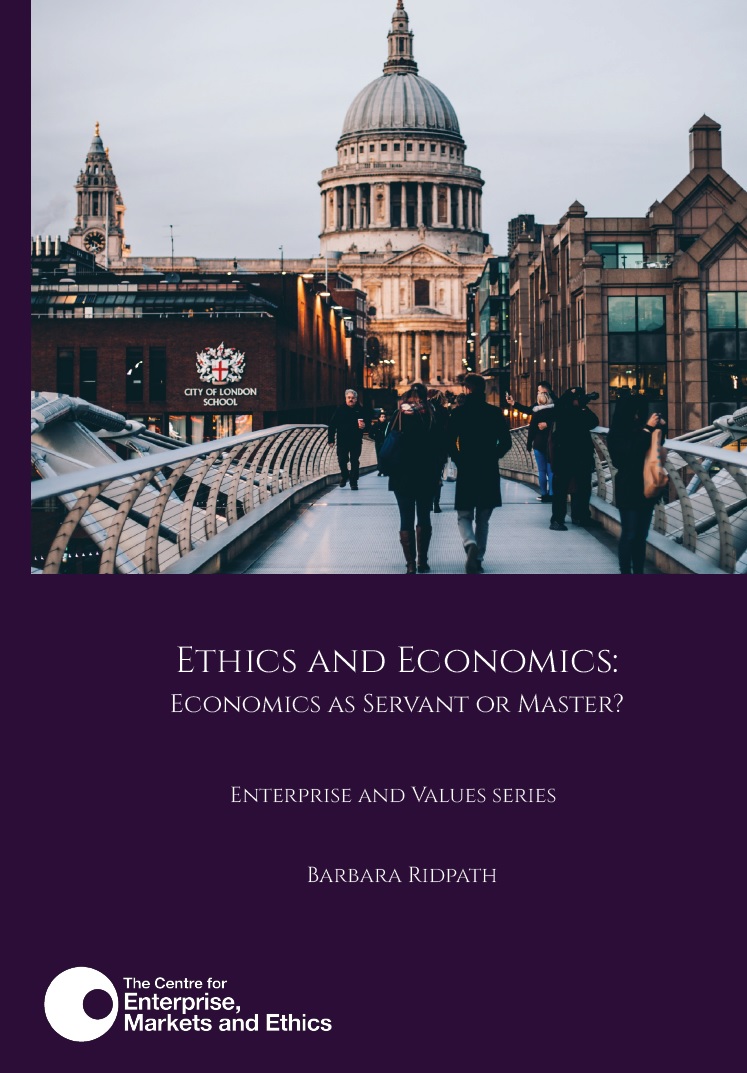
The Centre for Enterprise, Markets and Ethics (CEME) is pleased to announce the publication of Ethics and Economics: Economics as a Servant or Master? by Barbara Ridpath. A copy of the publication can be found here. The publication can be purchased in hardcopy by contacting CEME’s offices via email at office@theceme.org […]
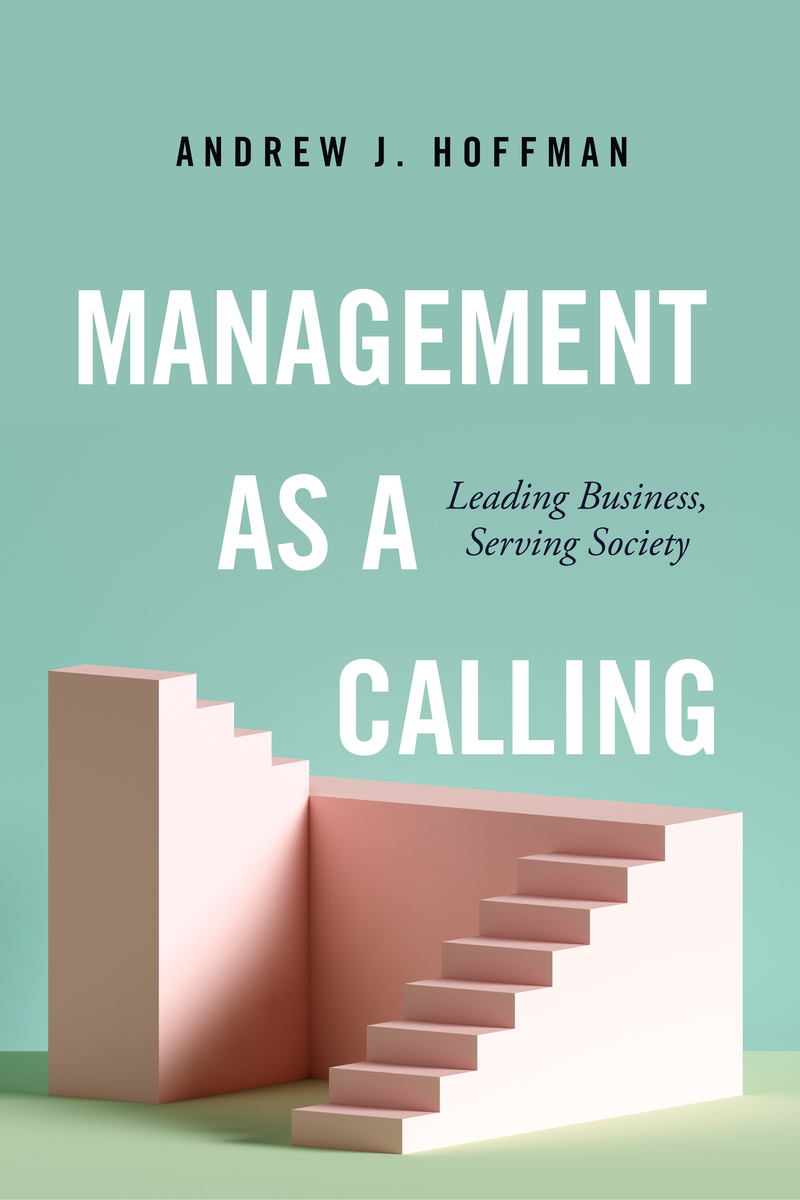
Management as a Calling is aimed primarily at business students but it has far wider relevance. Andrew Hoffman says that he wants “to personally challenge every business student, every business executive, and every business school professor to think about the system in which students are beginning their careers and to push back when it is […]

Those following the news in the U.S. and U.K. have strained to find much of intellectual interest in contemporary policy debates. Sure, there are ever-widening cultural battles and an array of topics on which one can admire the slogan-jousting of a few hired hands, but there is a seemingly small market for reasoned discussion about […]

Some would say that with the National Insurance hike of 1.25%, Boris Johnson seems to have all but erased the (already thin-wearing) conservative ideology found within the Conservative party. However, there are some broader debates we should be having that do not cross party lines. Let’s give Boris the benefit of doubt and assume that […]
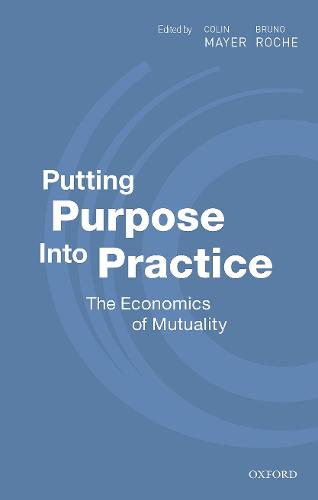
This book is the product of an extensive research programme undertaken between Mars Catalyst, which is the internal think-tank of the Mars company, and the Saïd Business School at the University of Oxford. Professor Colin Mayer is a leading voice in the debates around business purpose and has written and spoken extensively in the field. […]

Housing reform efforts in both Britain and the United States have tended to get caught in the quagmire of fractious politics. For years, figures on the left have called for below market rate or social housing. Those in the free-market camp have called for easier private market development rights. Renters have emphasized the outsized returns […]
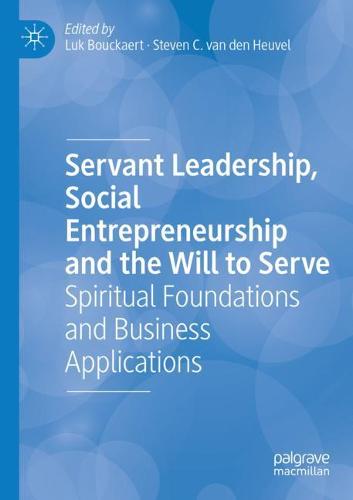
This book is a collection of eighteen separate but thematically connected papers which were given at an international academic conference in Belgium in May 2018. The organising principle is an enquiry as to whether the ‘will to serve’ must always be ‘crowded out in the real economic arena of hard competition’ (page vi). The authors […]

Most people today who pay any attention to the news will be familiar with key economic concepts – consumption, investment, public expenditure, output, exports, imports, unemployment, economic growth, the balance of payments, public borrowing, interest rates, inflation, the national debt. Yet the one measure we hear little about is saving. Saving has become the Cinderella […]

The success of major advanced countries in dealing with Covid over the last twelve months has been remarkable. Scientists first discovered the vaccines. Then business accelerated their manufacture on an enormous scale. And as the vaccinations have been rolled out, the economic recovery has been dramatic. As new variants appear we are still not out of […]
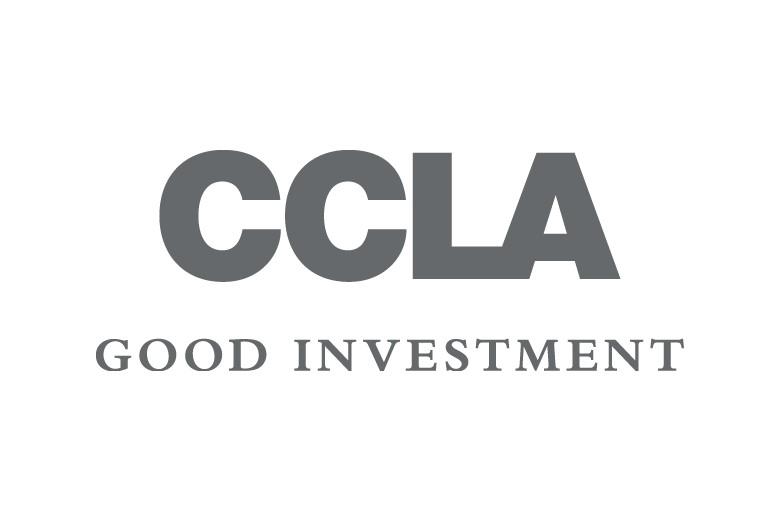
CEME hosted, in partnership with CCLA Investment Management, an online event entitled, “Invest or Divest in Brown Industries? The Moral Dilemmas”. The purpose of this event was to bring together key speakers concerned with investment in, or management of, ‘brown industries’ from both the companies and the investment community. The discussion focused on the questions […]
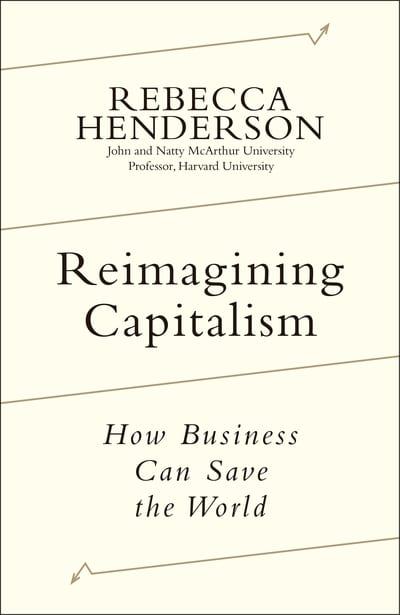
Reimagining Capitalism: How business can save the world is a very didactic, easy to read book. Unfolding like a captivating lecture, it is highly structured and each point is illustrated with a wealth of business examples taken from a wide spectrum of enterprises, old and new. You can easily imagine Rebecca Henderson on the campus […]
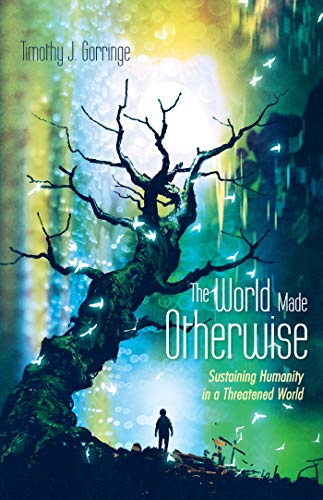
The sub-title of The World Made Otherwise is “Sustaining Humanity in a Threatened World” and climate change or other environmental issues form the book’s starting point and backdrop. Gorringe sees climate change as creating a burning platform that makes thorough-going political, economic and social change imperative. His prognosis is dire. He opines that “civilisational collapse […]

CEME was pleased to host an event on “Ethics and Economics” which took place on Wednesday 12th May 2021. The full audio recording of the event can be found here. Business and markets exist to serve society and not the other way round. Has our economic system become detached from its values and ethical moorings? […]
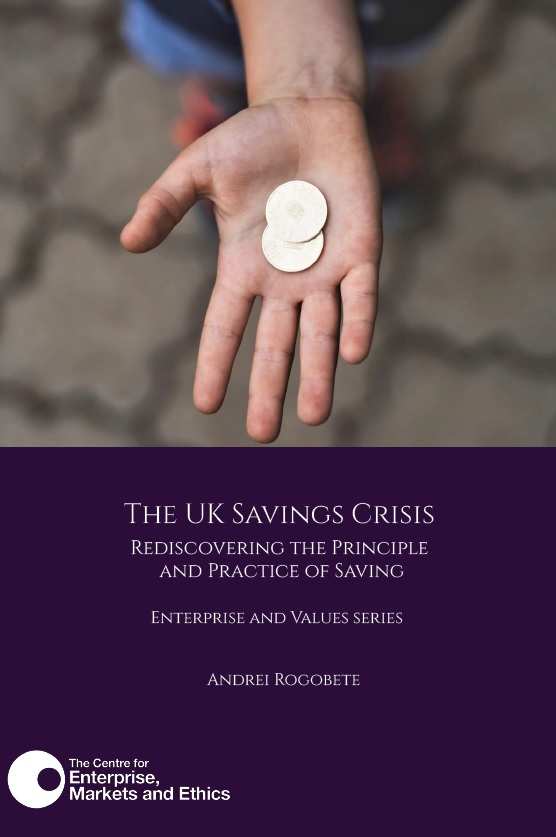
The Centre for Enterprise, Markets and Ethics (CEME) is pleased to announce the publication of The UK Savings Crisis: Rediscovering the Principle and Practice of Saving by Andrei Rogobete. A PDF copy can be found here. The publication can also be purchased in paperback by contacting CEME’s offices via email at office@theceme.org […]

Jan Carlzon’s book Moments of Truth comes from the depths of the 1980s. It is both prophetic and deeply inspiring and as fresh and relevant now as it was when he wrote it. Carlzon was the young and dynamic president and CEO of Scandinavian Airline Services (SAS). He faced an unenviable challenge with this […]
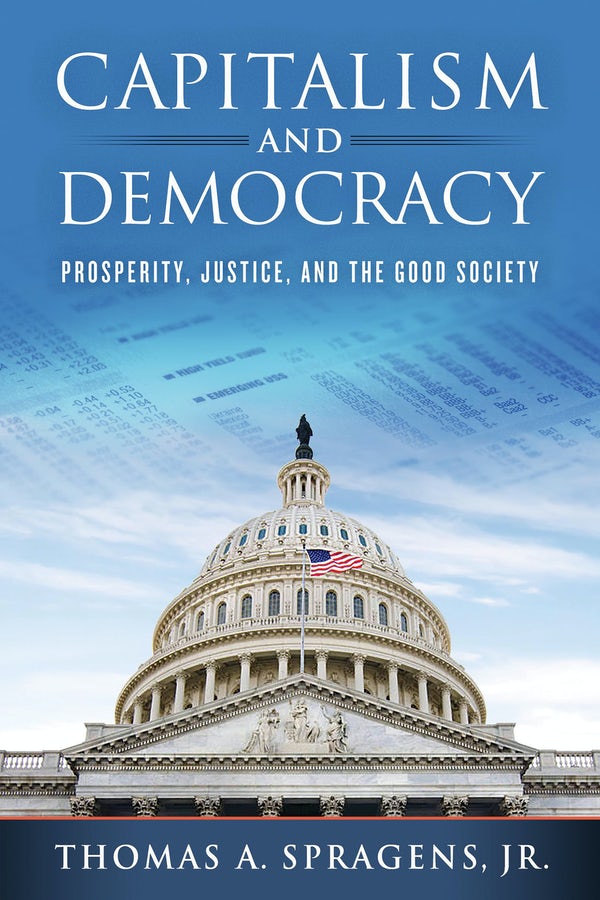
Capitalism and Democracy is a short book and, as Tomas Spragens admits, it does not contain “a great deal of cutting-edge scholarship” (page vii). Nonetheless, it deserves to be widely read. It comprises an explanation and analysis of “the sharp disagreement encountered these days between advocates of laissez-faire and champions of a more expansive welfare […]

CEME was delighted to host a Zoom event on the highly topical issue of Inflation in the UK. Sir Robert Chote (Chairman of the Office for Budget Responsibility, 2010-20) participated alongside Lord Griffiths to the discussion. The full title of the event was “How Serious is the Return of Inflation?”, and took place on Thursday […]
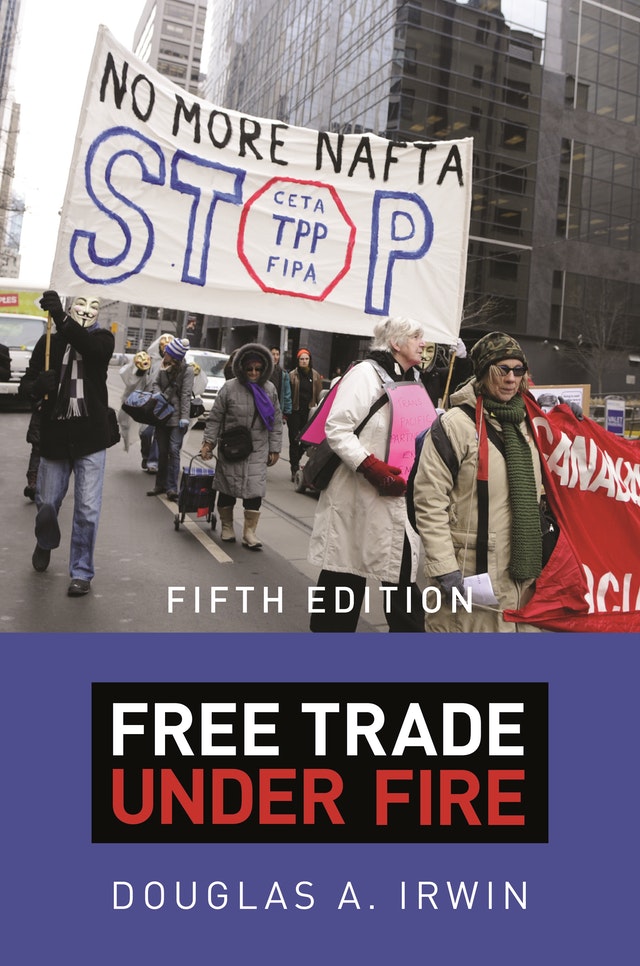
“Free Trade Under Fire” by Douglas A. Irwin is, as the title suggests, a book on the debate and defence of international trade. It covers a wide spectrum of (sometimes sensitive) issues on the subject. From national sovereignty and trade policies, to popular misconceptions about trade, the book tackles each argument with considerable depth […]

CEME held an event on “The Social Licence for Financial Markets – Reaching for the End and Why it Counts”, which took place on Wednesday, 24th February 2021. Financial markets depend on trust, including the trust of the society in which markets operate. Our main guest speaker was David Rouch followed by a response […]

Steve Morris continues his series on lost management gurus It is 1969 and campuses in the US are alive with revolt and turmoil. The anti-Vietnam protests are getting serious and America looks like it might fracture. It was time for a little-known educator, born in 1904 in Terre Haute, Indiana, to propose a way of […]

On the surface, one of the few bright spots of the second quarter of this year was a sharp rise in the UK’s savings ratio. But though an increase of 29% sounds like good news, in reality it’s quite the opposite. More than anything, the surge in saving signals an economy in deadlock. Rather than […]
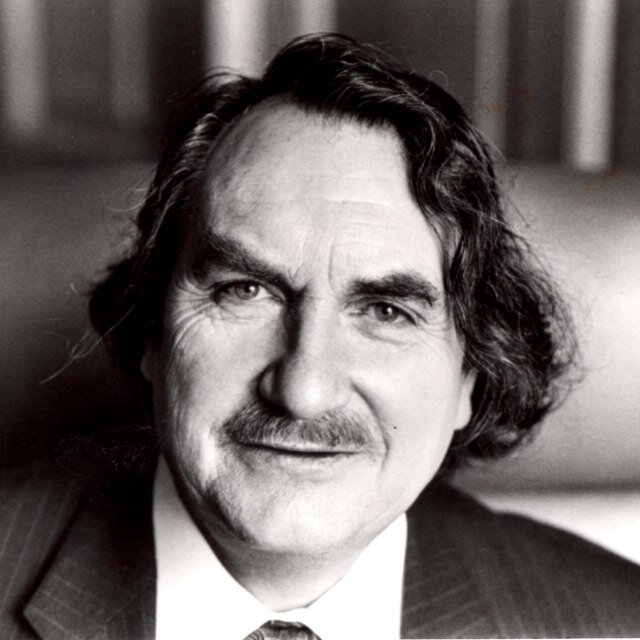
Steve Morris continues his series on lost management gurus There is something infinitely sad that the great classic books of the late John Harvey-Jones are now available for one penny on Amazon. Indeed, every book Harvey-Jones ever wrote is out of print. Harvey Jones has been written out of history and a voice that was […]

Last August, in The Spectre of Inflation, I argued that the remarkable stability of prices in the past 25 years was due to central banks having operational independence and conducting monetary policy with a fixed inflation target of two per cent. While respondents and others put forward a variety of views, all recognised that a surprise […]

JP Taylor wrote in his Oxford History of England: “Until August 1914 a sensible, law-abiding Englishman could pass through life and hardly notice the existence of the state beyond the post office and the policeman…He could travel abroad or leave his country forever without a passport or any sort of official permission. He could exchange […]
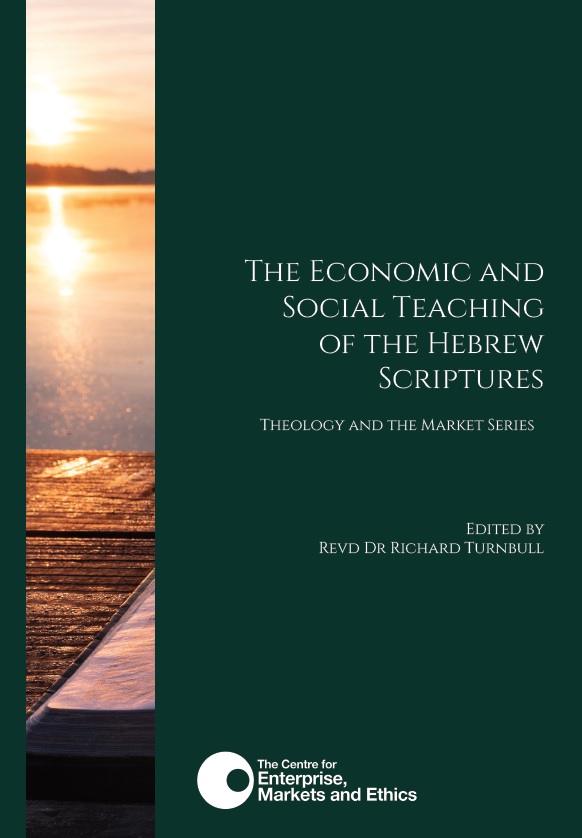
The Centre for Enterprise, Markets and Ethics (CEME) is pleased to announce the publication of The Social & Economic Teaching of the Hebrew Scriptures, edited by Richard Turnbull. A PDF copy can be found here. The publication can also be purchased in paperback by contacting CEME’s offices via email at: office@theceme.org […]

This was first published in The Article. Brian Griffiths’s recent article The Spectre of Inflation examined the nation’s record on controlling inflation, and also the dangers of returning inflation. This is, at least in part, driven by the staggering increase in public spending as well as the UK’s money supply growth since lockdown. While most analysts do […]

The Great Moderation For the past 27 years UK governments of all political persuasions have targeted a rate of inflation of 2 per cent as the principal objective of monetary policy. The Bank of England is charged with the implementation of policy and to ensure its freedom to take tough decisions it was granted operational […]
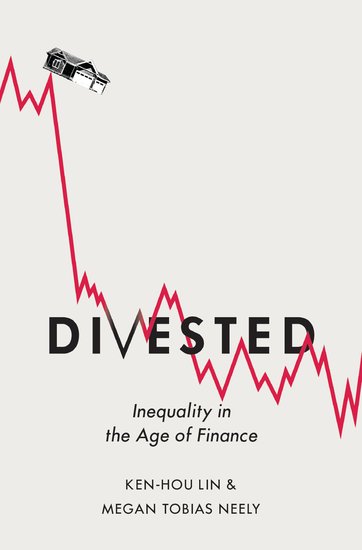
Ken-Hou Lin is an Associate Professor of Sociology at the University of Texas at Austin and Megan Tobias Neely is a Post-Doctoral Researcher at Stanford University, studying gender, race and social class inequality. They are alarmed by the growth of inequality in the United States of America over the past generation and blame this on […]

Graeme Leach, formerly the chief economist at the Institute of Directors, has done us a great service with his expositions on ‘Thoughts on a biblical economic worldview or Godonomics.’ Graeme is clear. The free market economy is ordained by God for our economic prosperity. This is a point of view of some importance and which […]

CEME participated in an online event organised by James Cowper Kreston entitled, “Brave New World: Business Post Covid.” CEME Director, Richard Turnbull was part of a panel of speakers that shared their thoughts on this topic. Event Brief: As the immediate impact of the coronavirus shock becomes clear, we turn to the question: what […]

A New Online CEME Publication Professor Graeme Leach is Chief Executive of Macronomics, a macroeconomic, geopolitical and future megatrends research consultancy. He is also a visiting professor of economic policy, a senior fellow of the Legatum Institute and a member of the IEA Shadow Monetary Policy Committee. Between 1997 and 2013 he was Chief […]
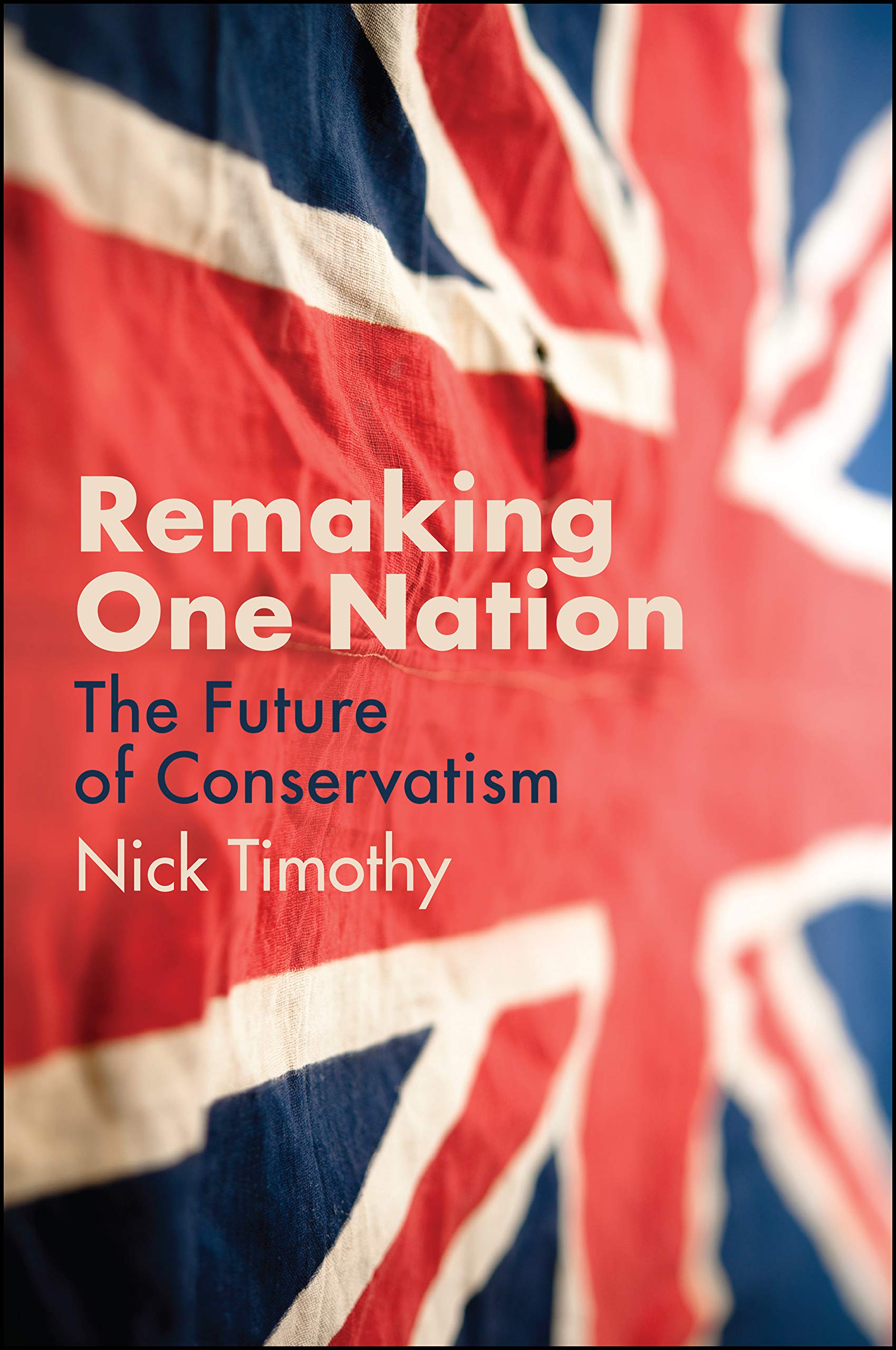
Most books that change the political weather are aimed at a centre-left audience. Remaking One Nation is unashamedly addressed from the right but not exclusively to the right. The book could not be better timed and I will argue that the majority of commentators who say the 2019 Conservative election manifesto is now dead in […]
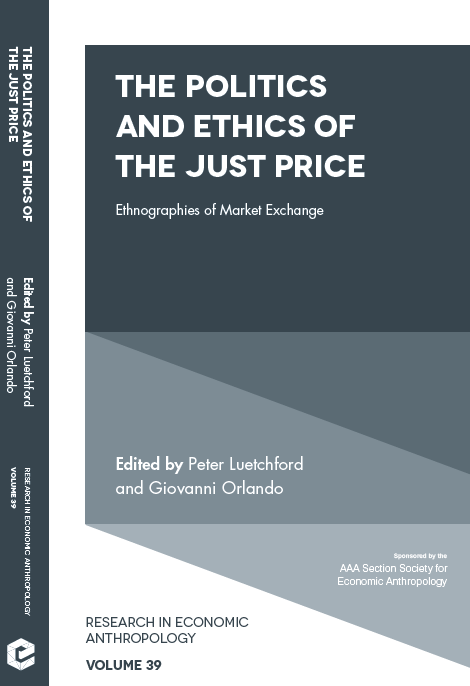
The Politics and Ethics of the Just Price is a collection of essays in economic anthropology. The volume, which is academic orientated, consists of an introduction to the theme and then eight case studies in different anthropological settings. The core issue at stake is the idea of what constitutes a just price, the relationship […]
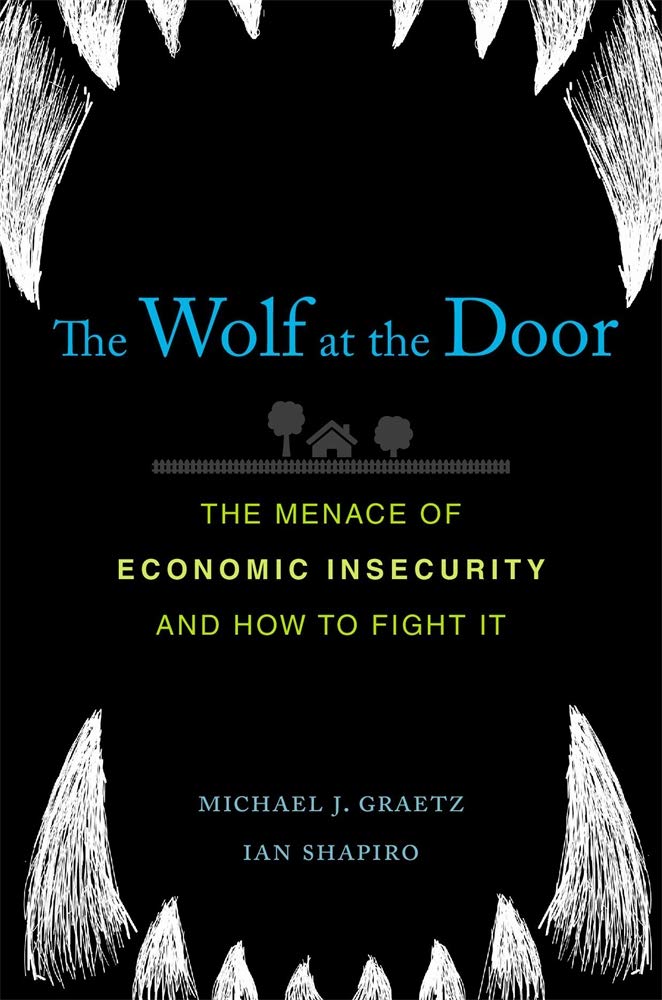
The publication of yet another left of centre book asking “What has gone wrong with American capitalism and what should be done to fix it?” may provoke a sigh or a yawn. However, in the case of The Wolf at the Door such a reaction would be misplaced. It is a constructive and engaging book […]
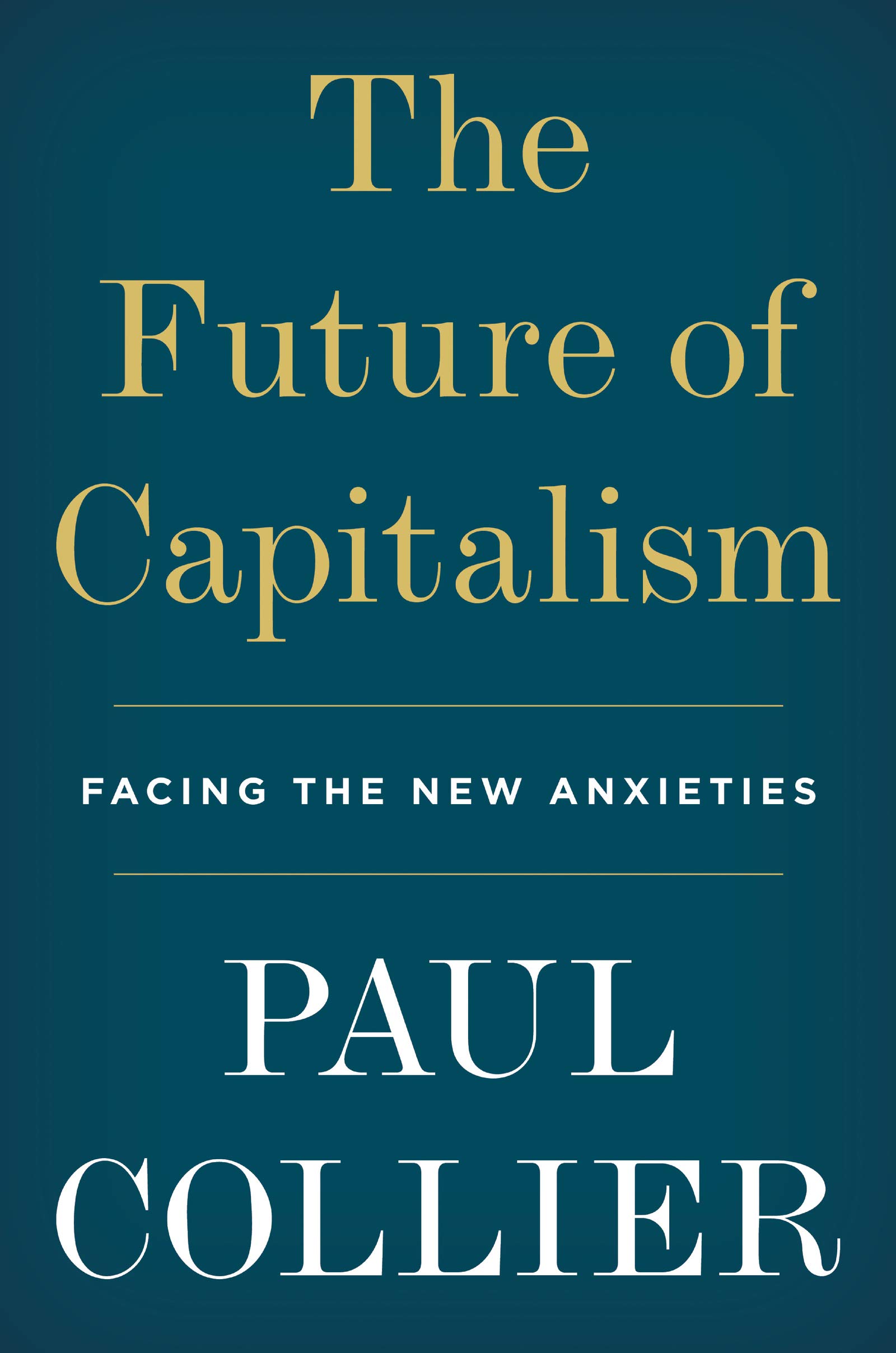
The Future of Capitalism tackles one of the big issues of our time. Its impressive author, Sir Paul Collier, CBE, FBA is a distinguished member of the Blavatnik School of Government at the University of Oxford and a seasoned practitioner in development economics for which he received a knighthood. He is convinced that capitalism is […]

There are beacons of light in this otherwise barren landscape that the West is going through. Yet they’re coming from places you might have not initially expected. Business has mobilised on an unprecedented scale to alleviate the fallout from the COVID-19 crisis – and it has done so voluntarily. It’s worth pointing out a […]

This is a transcript of a lecture given at Hope College (MI. USA) in March 2020. Introduction Well, good evening and thank you very much indeed for the invitation to speak this evening at Hope College. It is a privilege to do so. I come to you with a varied background and training, including economics […]

Steve Morris FRSA grew up in a family business. He argues that the model could provide some answers as we look at the future of capitalism. The experience of growing up in a family business shaped my life, although I didn’t realise it at the time. I learned so much about values from my parents; […]

What constitutes a good business and what is the purpose of business are longer-term questions of interest that generate a great deal of debate and observation and upon which CEME will be publishing a fuller reflection later in the year. The COVID-19 crisis has brought to the fore multiple examples of business acting responsibly […]
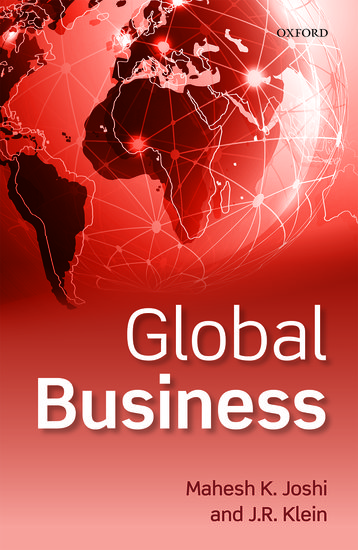
This book is a concise attempt to grapple with the subject of the global economy, especially in the light of events such as the Brexit decision and the election of Donald Trump. Written by two business practitioners, it has a clear and slightly breathless style – one might almost say, an executive summary stretched over […]
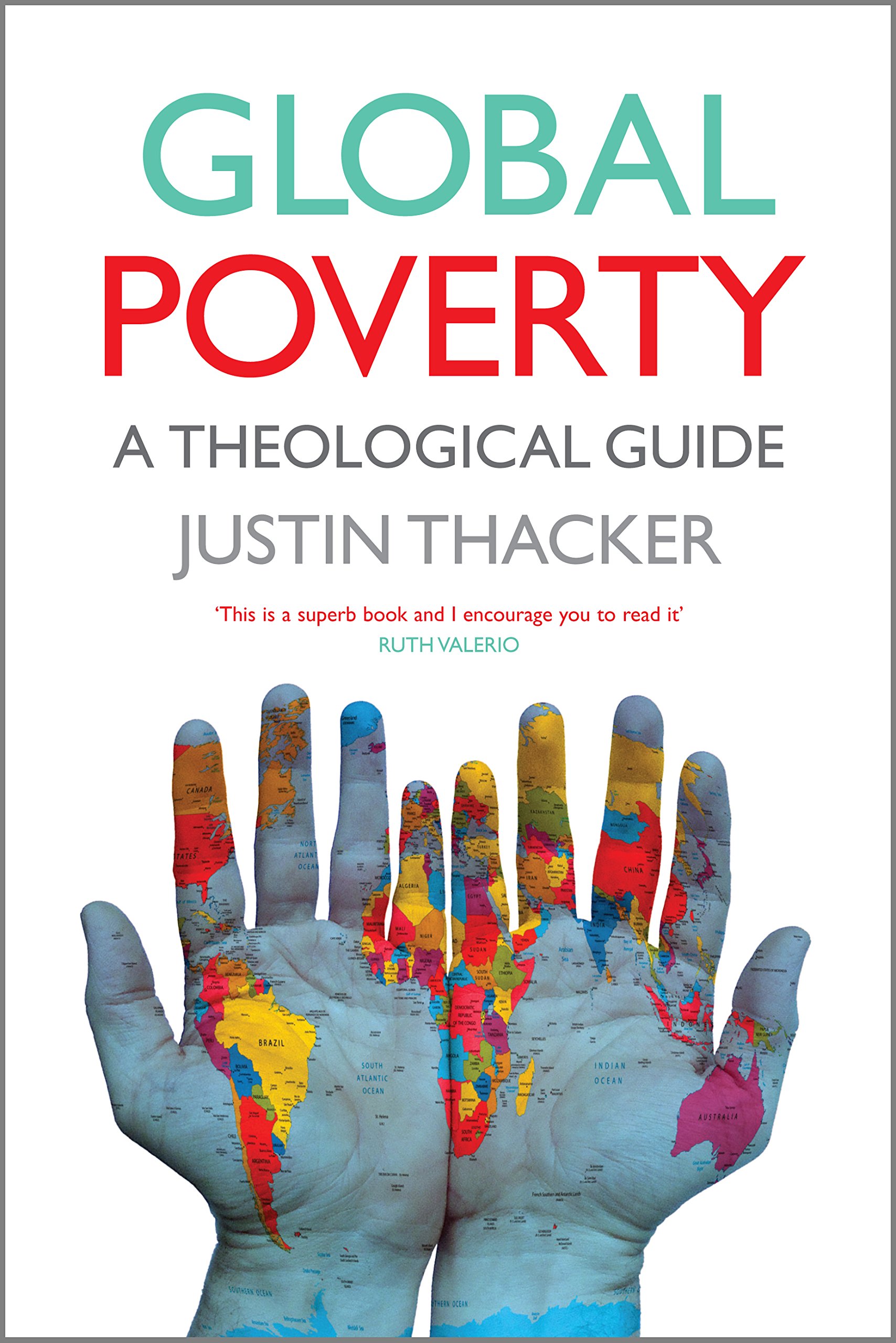
Dr Justin Thacker describes Global Poverty: A Theological Guide as “In essence … a systematic theology of global poverty” (page 2). He explains that, in terms of the public apologetic content of the book, he has two primary aims: first, to issue a “plea for a reformed capitalism” and, secondly, to suggest “on theological […]
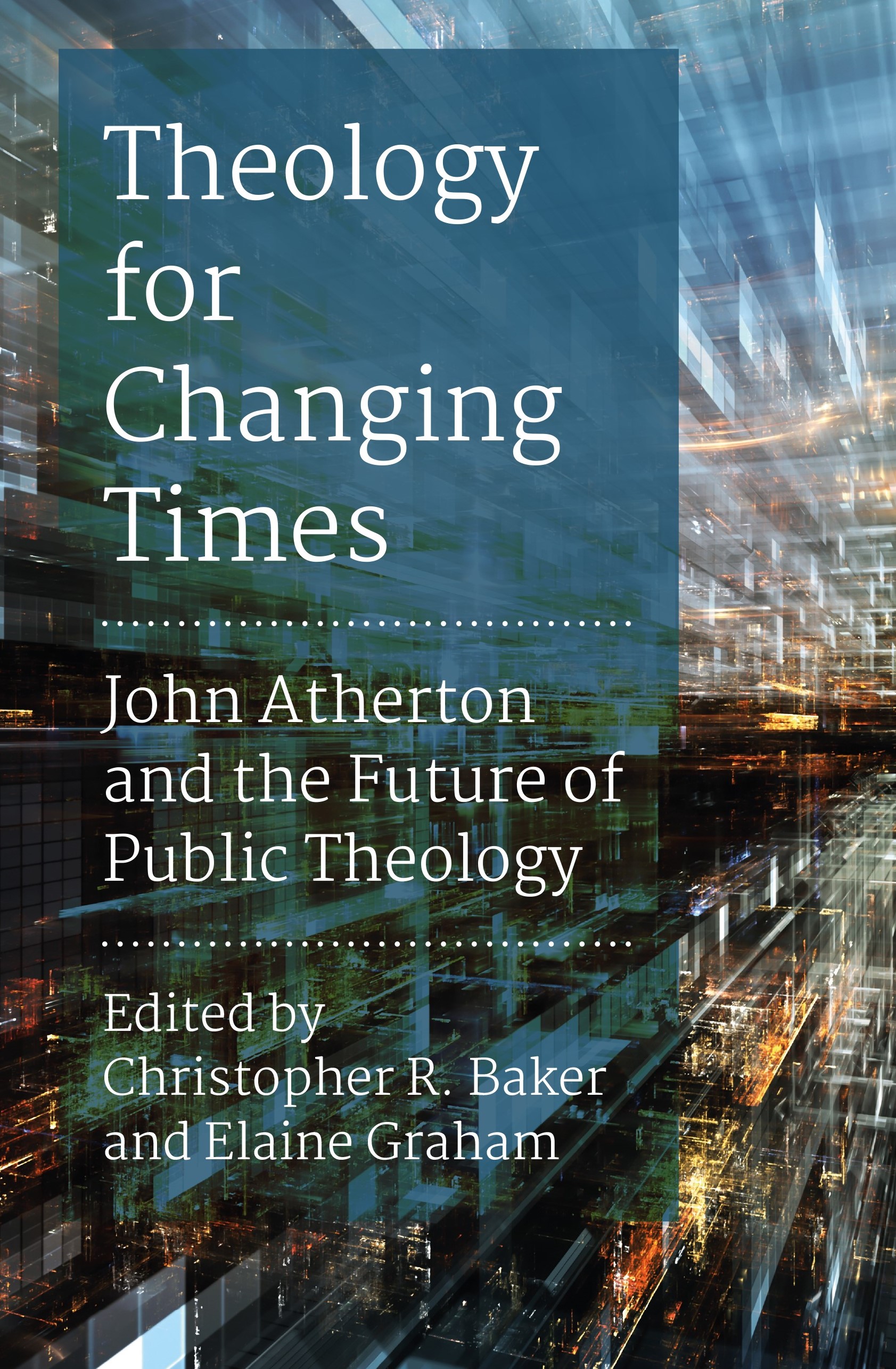
Theology for Changing Times is a diverse collection of essays by different authors, all responding to a greater or lesser extent to the work of John Atherton, who died in 2016. Atherton was one of the leading practitioners of his generation when it came to Anglican ‘public theology’, part of a tradition that included […]

The Centre for Enterprise, Markets and Ethics (CEME) is delighted to announce the publication of Corporate Executive Remuneration: An Assessment by Dr. Andrew Hartropp. A PDF copy can be found here here. A hardcopy can also be purchased by contacting CEME’s offices at: office@theceme.org
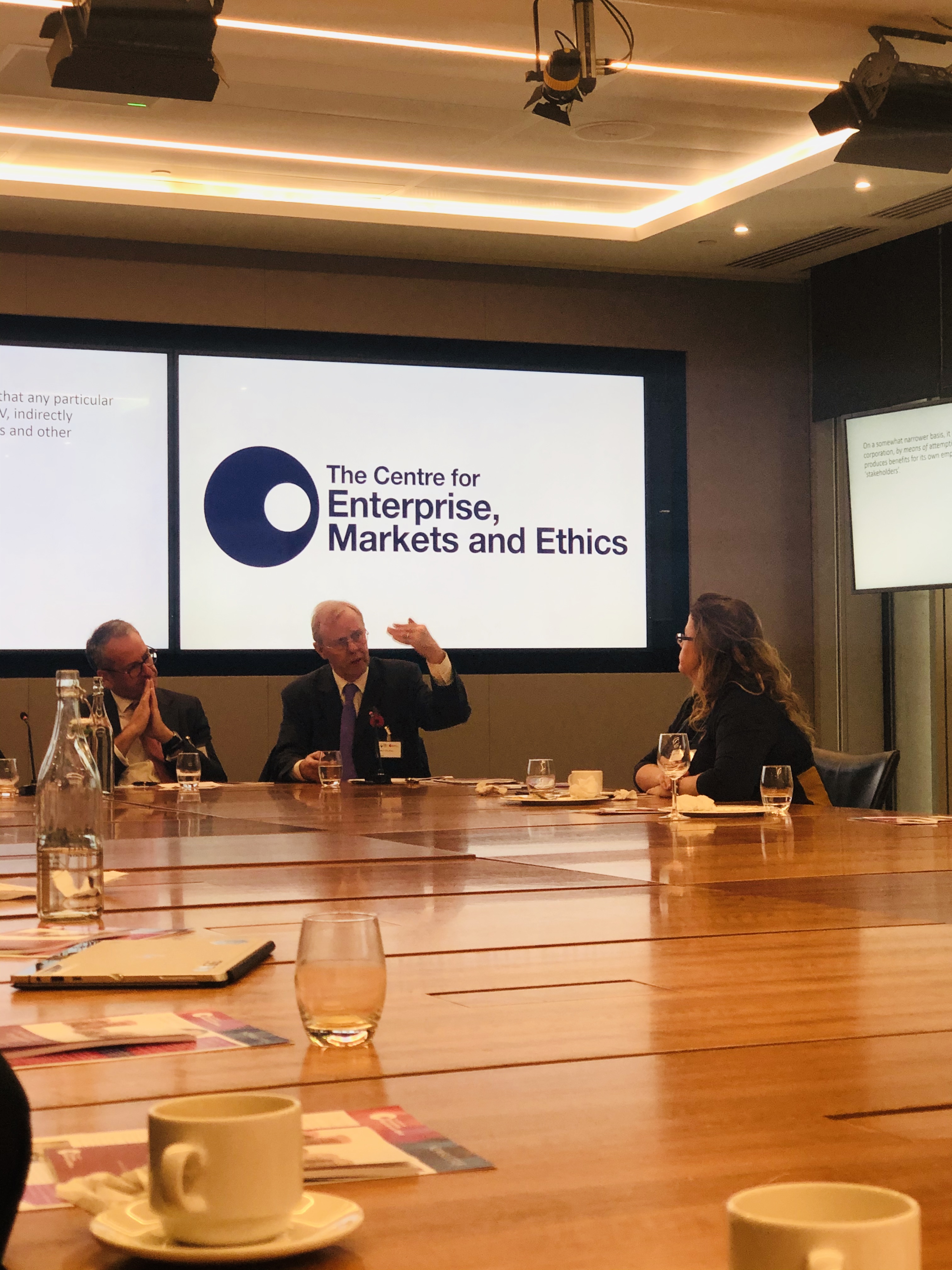
The Centre for Enterprise, Markets, and Ethics (CEME) was pleased to co-host a roundtable discussion with St. Mary’s University on the 31st October 2019. The event took place at the London Stock Exchange and focused on the issue of Corporate Executive Remuneration. Dr Andrew Hartropp presented his latest publication on the subject, followed by a […]

The Centre for Enterprise, Markets and Ethics (CEME) is pleased to announce the publication of The Business of God: Learning from family enterprise by Steven Morris. A PDF copy can be found here. Alternatively, a hardcopy can be purchased by contacting CEME’s offices via email at: office@theceme.org
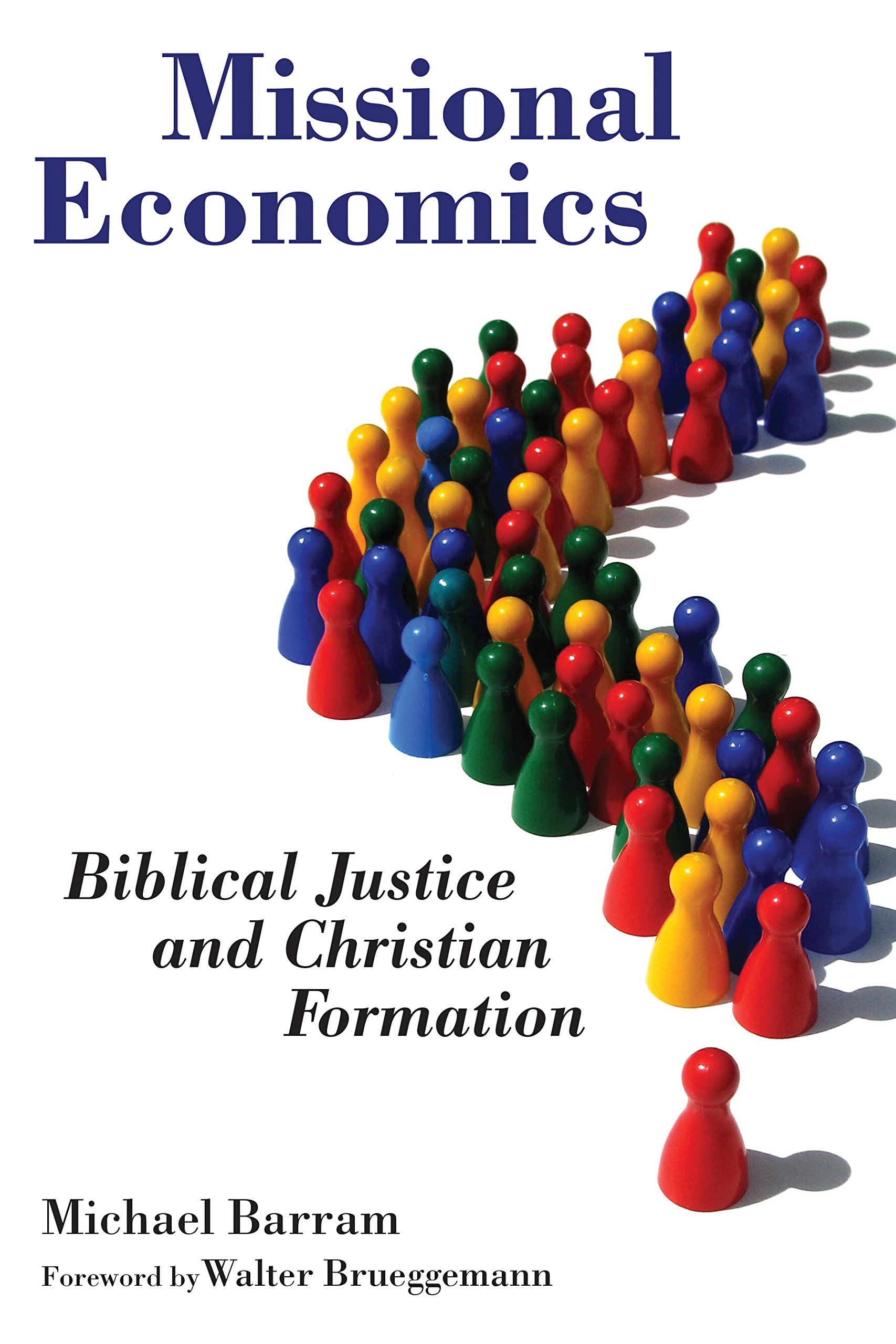
Some of the most important conversations in Christianity today involve questions of justice and how Christians should not only respond as individuals and as members of the “holy catholic church” to injustice, but also be positive catalyst of just societies and social institutions. It is heartbreaking for those of us within the camp of Christianity […]
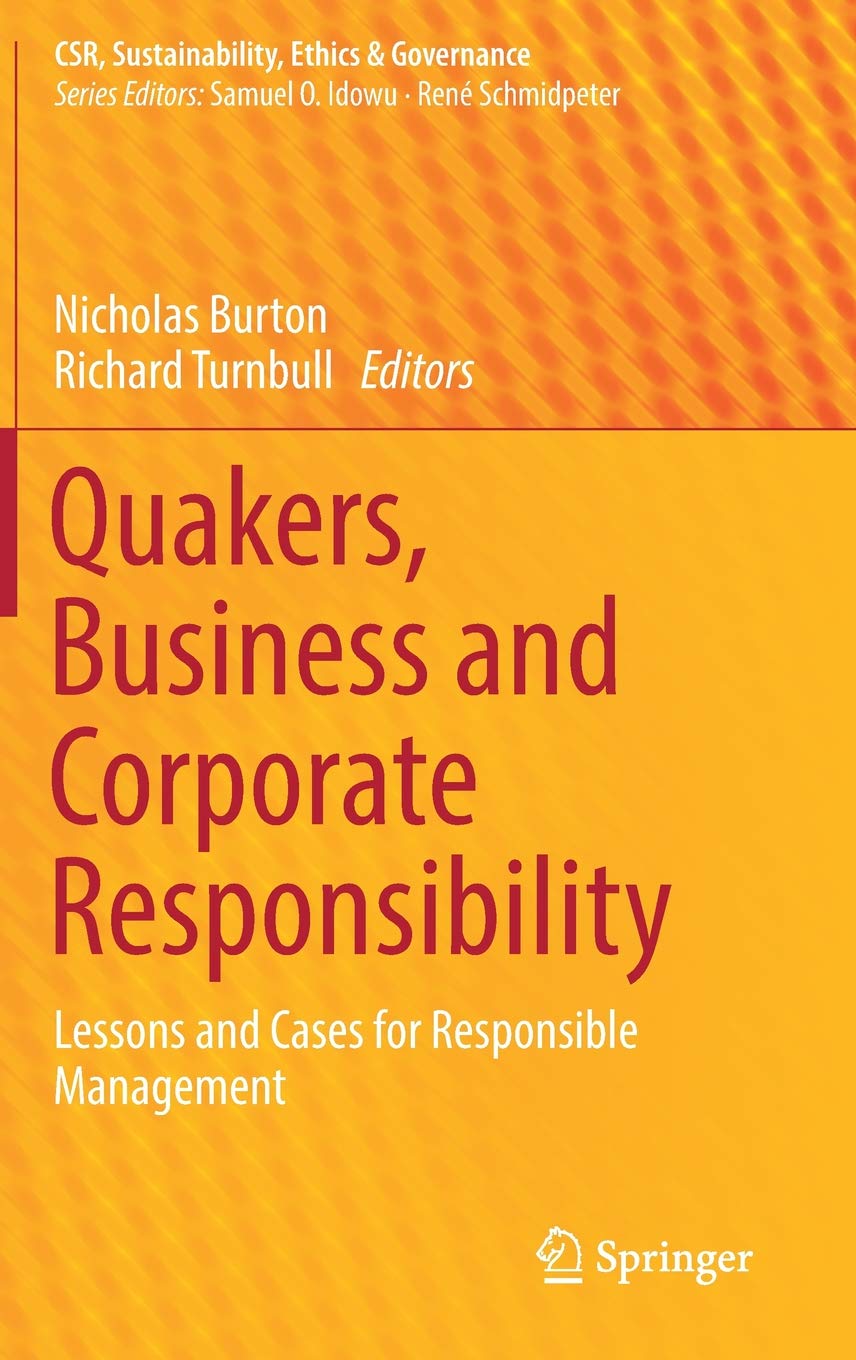
Many books about business management or corporate responsibility use historical situations to illustrate or, at least to the satisfaction of their authors, prove their theories. Quakers, Business and Corporate Responsibility adopts the opposite approach: it examines a particular historical model of business management and corporate responsibility (that of the Quakers) and seeks to draw conclusions […]

Colin Mayer is a distinguished professor at the University of Oxford, former dean of the Said Business School and a Fellow of the British Academy . Throughout his career one of his fields of interests has been the business corporation and at present he is director of the Academy’s research programme into the Future of […]
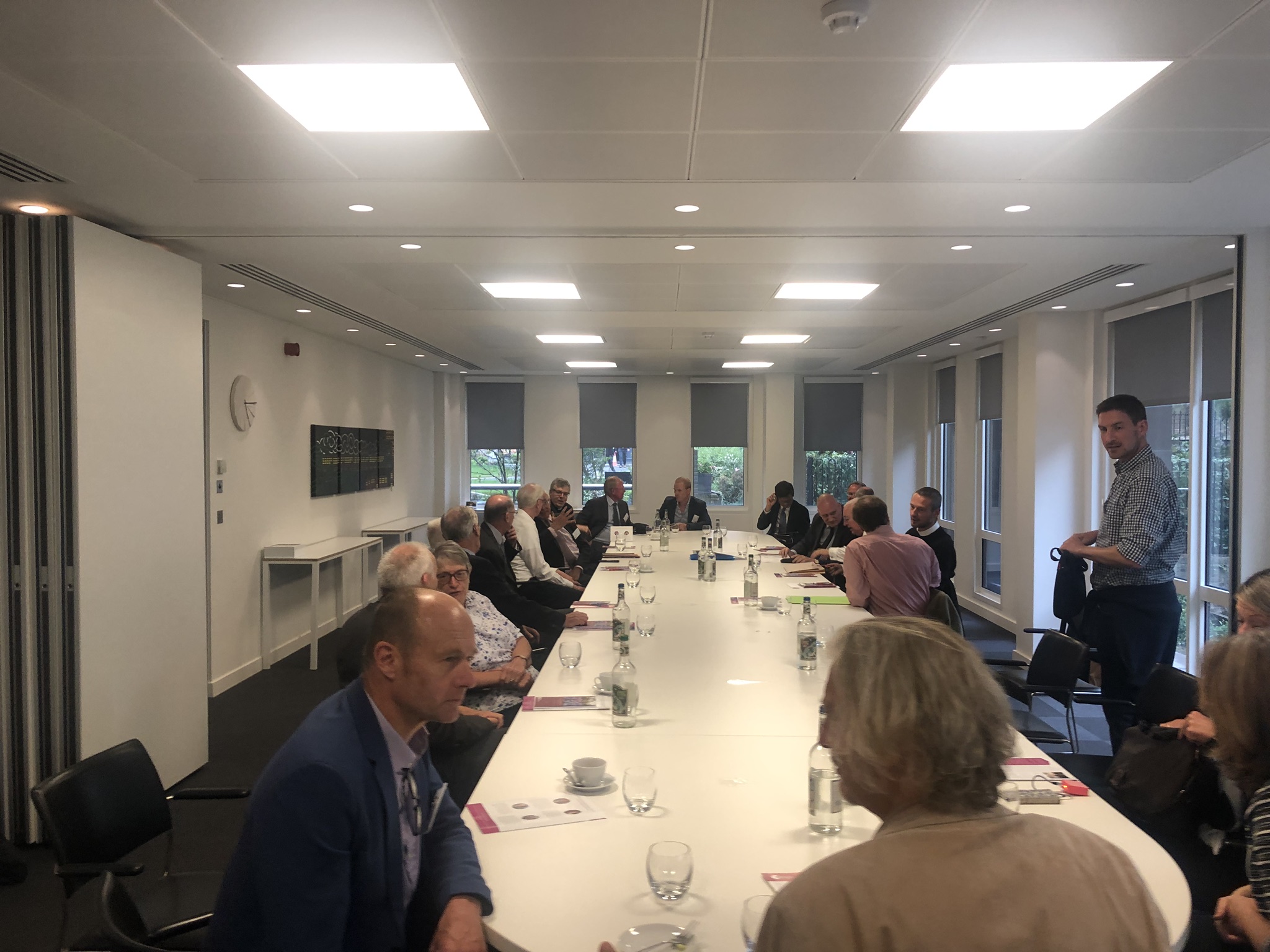
This article was first published by Christian Today on 18 September 2019. It is a good question and thankfully it is one that Edward Carter has been wrestling with. I’m just back from a talk he gave to launch his book God and Competition and I’m buzzing with ideas and questions. For me in particular it is […]

The Centre for Enterprise, Markets and Ethics (CEME) is pleased to announce the publication of God and Competition – Towards a Positive Theology of Competitive Behaviour by Edward Carter. A PDF copy can be found here. Alternatively, a hardcopy can be purchased by contacting CEME’s offices via email at: office@theceme.org […]

The Centre for Enterprise, Markets & Ethics (CEME) was delighted to organise an event on God and Competition – Towards a Positive Theology of Competitive Behaviour. Hosted by CCLA Investment Management, the event featured a book launch, lecture, group discussion and reception. Author Revd Canon Edward Carter talked about his new book on competitive behaviour […]
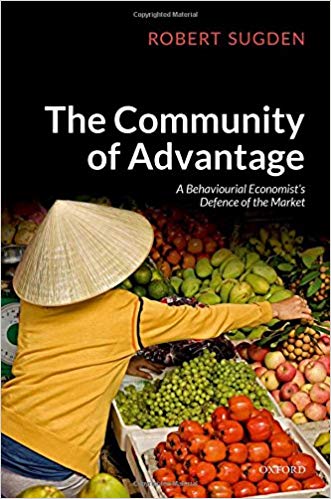
Neoclassical normative economics seeks to avoid state paternalism. On the assumption that human beings display “integrated preferences” (i.e. preferences that are stable, context-independent and internally consistent), this objective may be secured by public policy objectives being based on “preference-satisfaction”. However, psychological experiments over the past 30 years have demonstrated that the assumption is false: human […]
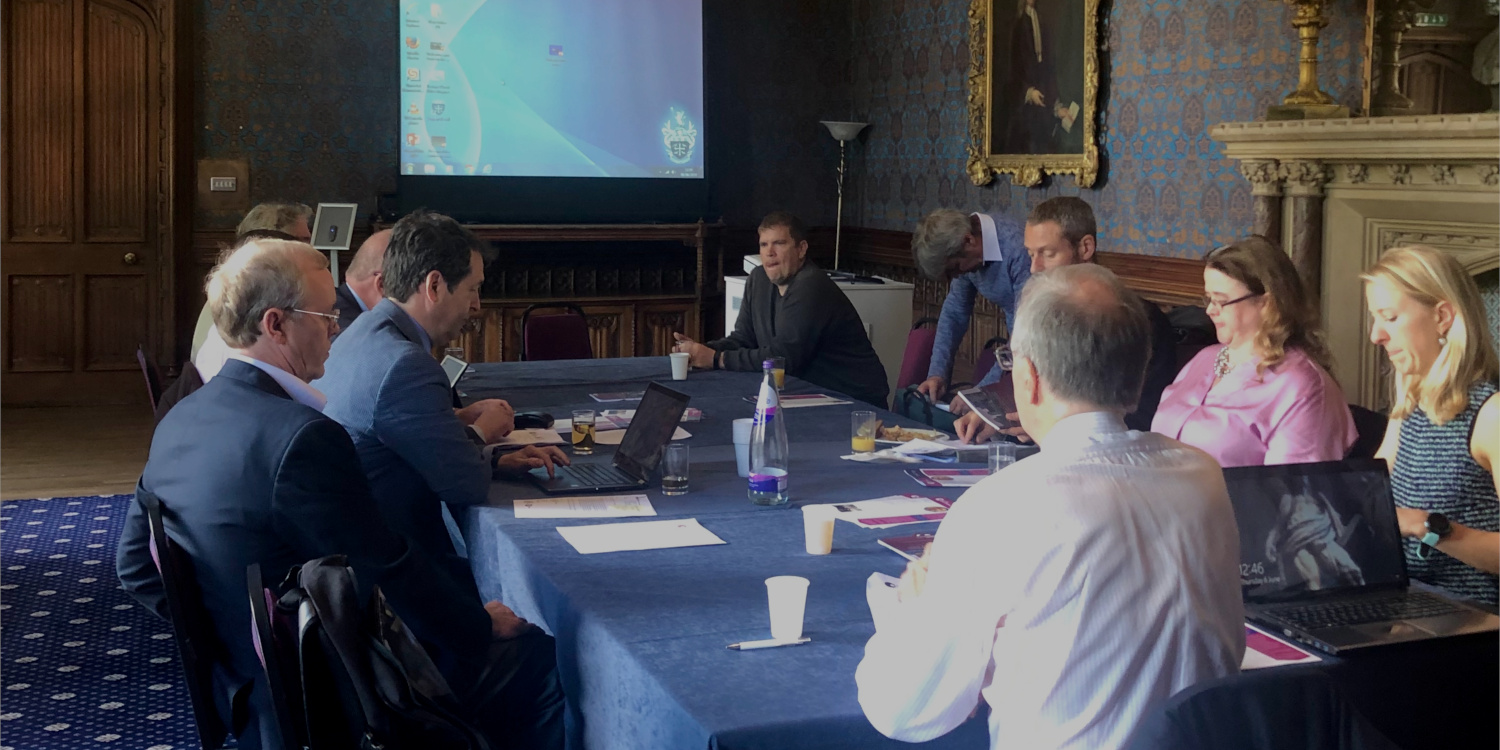
The Centre for Enterprise, Markets, and Ethics (CEME) was delighted to co-host a roundtable discussion with St. Mary’s University on the 6th June 2019. The event took place at St Mary’s University, Twickenham and focused on Quakers, Business and Social Responsibility. Key speakers included: – Professor Philip Booth, Dean of the Faculty of Education, […]
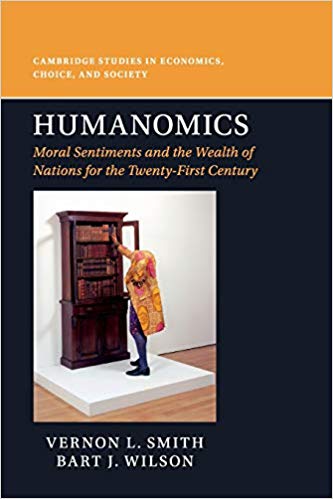
Economics is a social science. It relates to the behaviour of human beings and its success as a science turns to a considerable extent upon its ability credibly to model that behaviour in such a way as to enable reliable predictions to be made. Neoclassical economists have focused on the concept of utility maximisation […]

The Centre for Enterprise, Markets, and Ethics (CEME) was pleased to co-host a roundtable discussion with St. Mary’s University on the 9th May 2019. The event took place at CCLA Investment Management (London) and focused on the issue of Data Privacy and Ethics. Vivienne Artz was our guest speaker for the day. Vivienne is […]

Populism seems to have taken centre stage in today’s public discourse. Whether it’s the election of Donald Trump or Brexit, media outlets, academics, and indeed, the politicians themselves seem to be pointing the finger towards populism. Yet what exactly is populism? Which social and/or economic conditions might give rise to populism? Can populism be […]
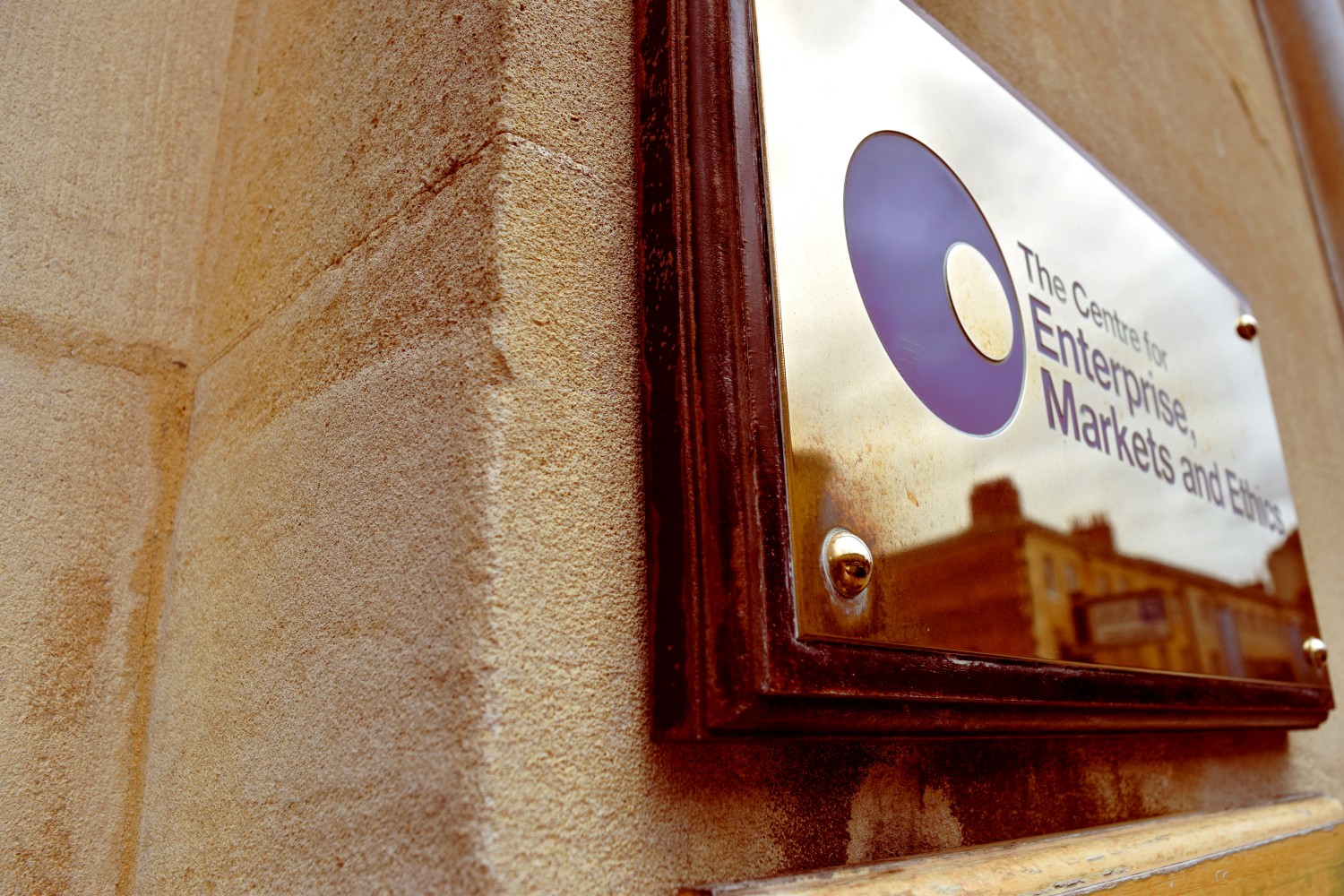
The Centre for Enterprise, Markets and Ethics (CEME) is delighted to announce the appointment of Anne Devlin, Richard Godden and Joanna Moriarty as new members of the Board. Their unique combination of skills and experience will prove invaluable in steering the strategic direction of the organisation. Anne Devlin Anne Devlin worked for 22 […]
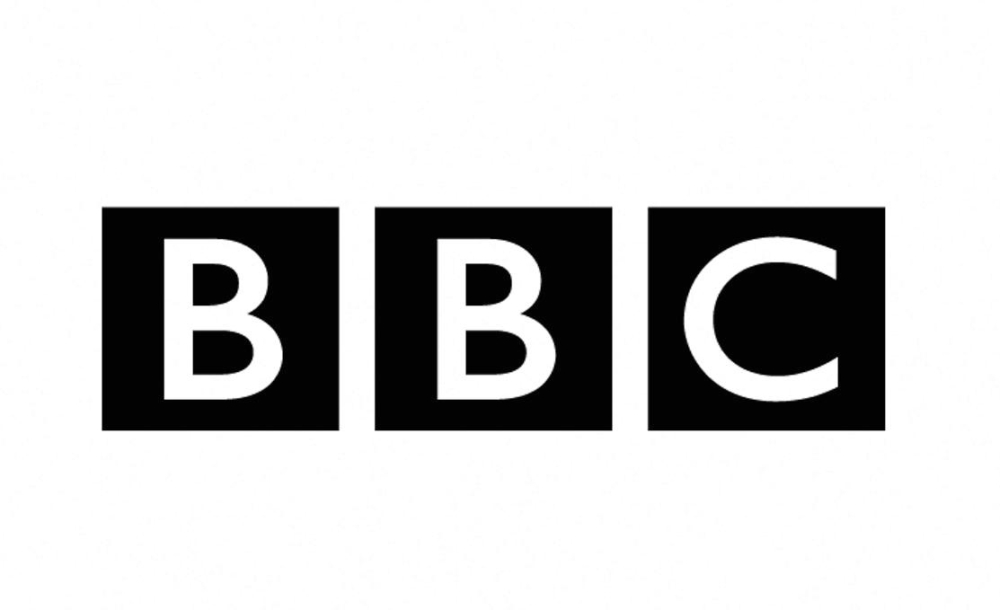
In a recent interview with the BBC our Associate Director, Andrei Rogobete was invited to discuss the highly contested topic of socioeconomic inequality in the UK. The full interview can be found here – some of Andrei’s main arguments include: Inequality becomes a large-scale societal problem when those at the lower end of the income […]
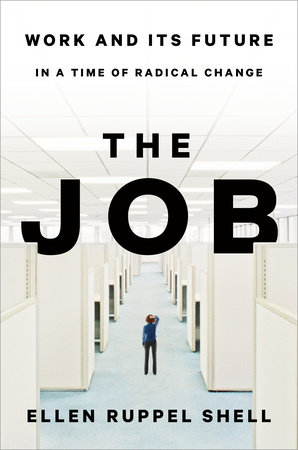
The Job has received rave reviews and it is easy to understand why. Its subject is an important one, the future of work in the digital age, and it is the kind of book that people like. Shell is a journalist who writes well, using eye-catching turns of phrase and telling innumerable stories to […]

This is a transcript of a talk given at St Michaels Church, Chester Square, 23rd January 2019. The title I have chosen for this talk, “Things fall apart: the centre cannot hold”, is a line from a poem, the Second Coming, by the Irish poet W.B.Yeats which was published in 1919. It was written against […]
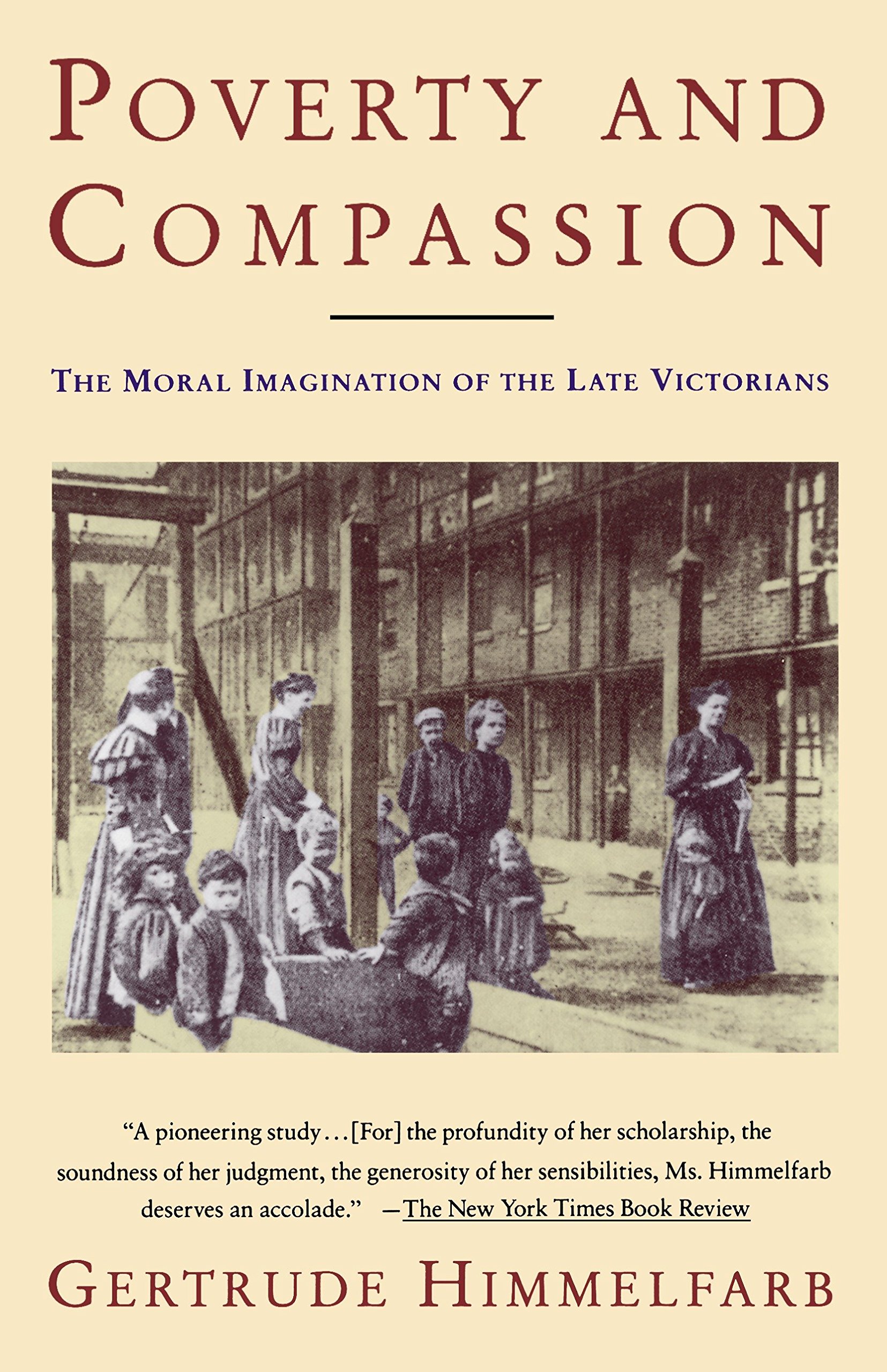
Gertrude Himmelfarb was married to the late Irving Kristol and together they formed a formidable intellectual partnership in the reassertion of conservative ideas. Himmelfarb, a historian, in this book, brings to the table the debate around poverty in Victorian England. The book was first published in 1991, but represents an important strand of thinking […]
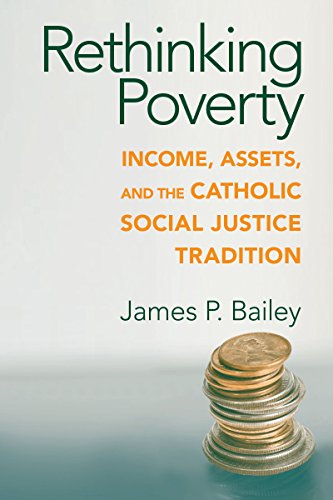
James P. Bailey is Associate Professor of Theology at Duquesne University. In his book entitled, “Rethinking Poverty: Income, Assets, and the Catholic Social Justice Tradition”, James Bailey explores the political, social, and economic reforms that are needed to promote the alleviation of poverty. As the title may suggest, the book also incorporates Catholic social […]
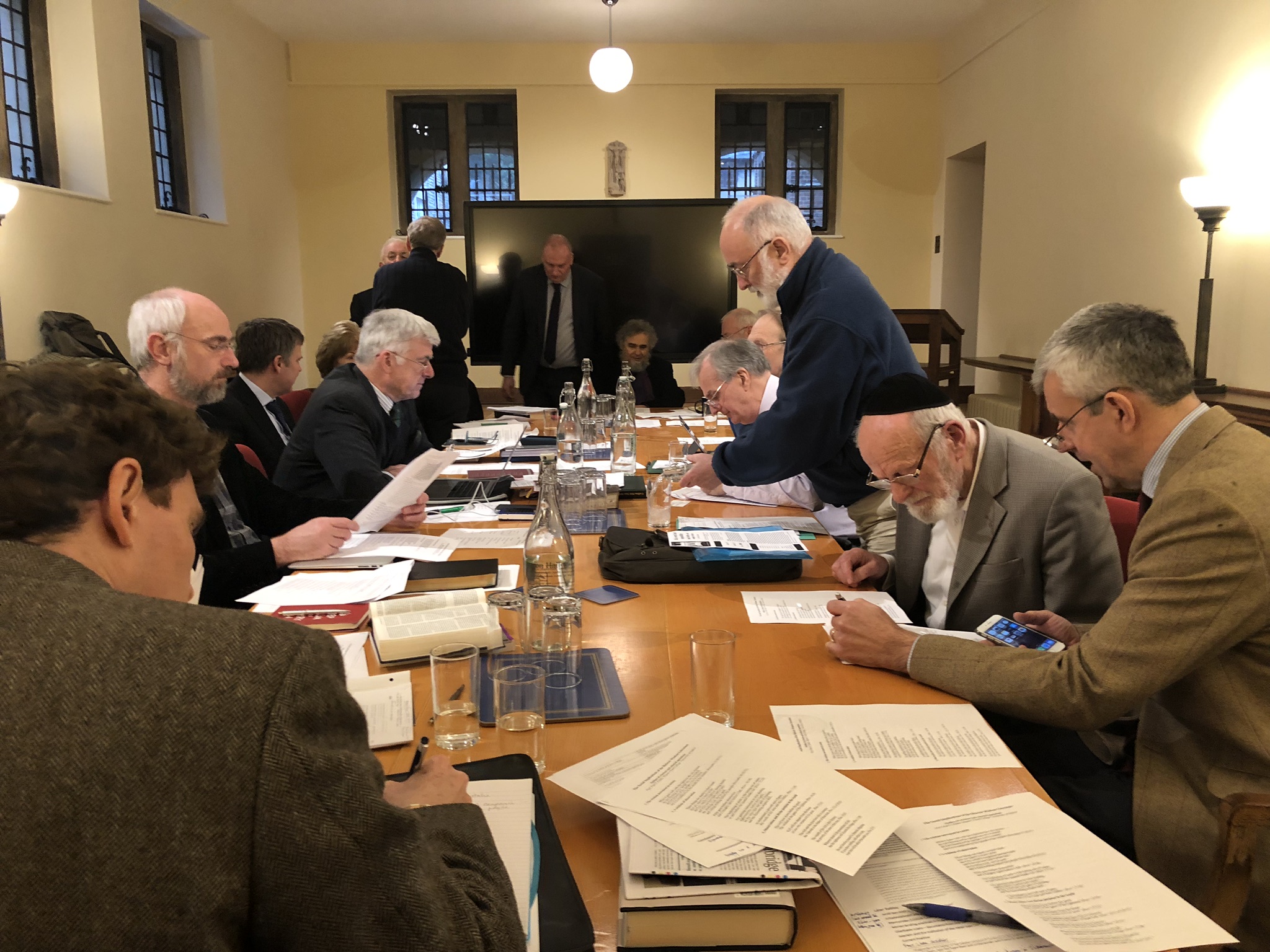
The Centre for Enterprise, Markets, and Ethics (CEME) was pleased to host a roundtable discussion on the 16th January 2019 on “The Social and Economic Teaching of the Hebrew Scriptures“, held at Campion Hall (University of Oxford). Speakers included, among others, Professor Paul Fiddes, Revd Professor John Barton, Rabbi Dr Norman Solomon, and Revd Dr Ben […]
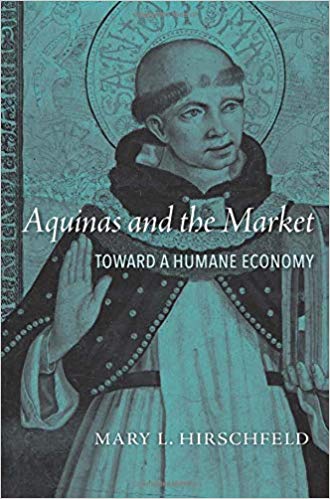
Aquinas and the Market: Toward A Humane Economy is a pleasant surprise because it takes both economics and theology very seriously. There are probably not many scholars who have doctorates in economics (Harvard) and theology (Notre Dame) and even fewer who can write an academic book that is almost entirely free of academic jargon. […]

This is a transcribed lecture given at the Morlan Pantyfedwen Annual Lecture 2018. I count it a great privilege to be invited to give this lecture not least because of the number of distinguished clergy, theologians and historians who have given it over the past half century. The idea for the subject of the lecture was the […]
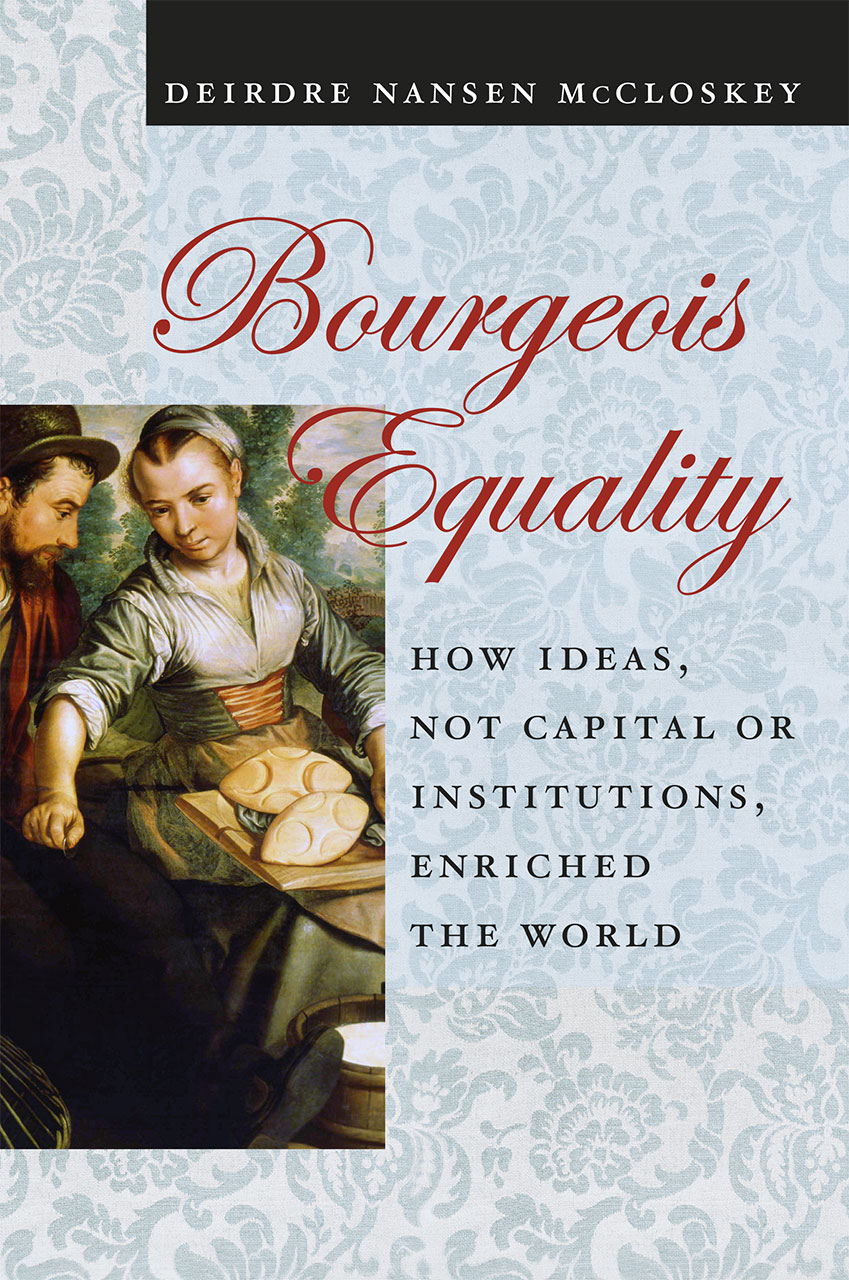
The past 200 years have seen a huge increase in aggregate global wealth, which has benefited the vast majority of people around the world. Conservative estimates suggest that average real wages have increased ten-fold and the increase in wealth has probably been considerably greater than this (perhaps thirty-fold or even a hundred-fold). Why has this […]
The Centre for Enterprise, Markets, and Ethics (CEME) was pleased to co-host an event on the 22nd November 2018 entitled “The Future of Capitalism – Making Capitalism Work for Everyone“, held at CCLA Investment Management (London). Speakers included, among others, Sacha Romanovitch (CEO, Grant Thornton) & Jonathan Davidson (Director, FCA). Picture Gallery: […]

The Centre for Enterprise, Markets & Ethics (CEME) was delighted to co-host an event with CCLA Investment Management on “The Future of Work – Promoting Good Work for the Benefit of All.” The event took place on the 22nd October 2018. Picture Gallery:
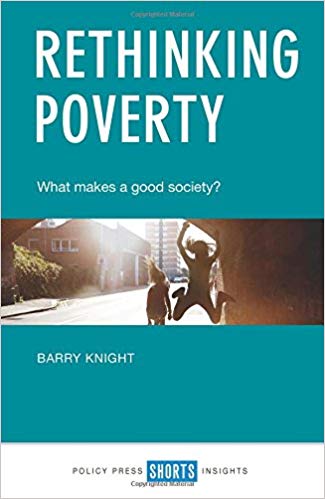
Rethinking Poverty by Barry Knight is an explorative study on the current deficiencies of modern western society and the restructuring that needs to take place for the ultimate goal of poverty reduction and indeed, poverty elimination. This may come across as overly ambitious and idealistic to some readers, but the aim of poverty elimination […]
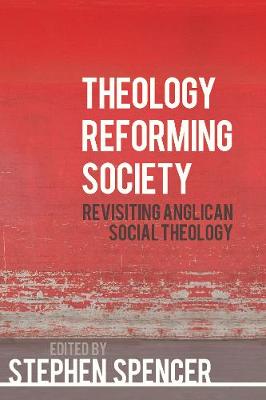
Theology Reforming Society – Revisiting Anglican Social Theology arose out of a 24-hour conference held at Mirfield (a monastic community where Anglican ministers are also trained) in January 2017, on Anglican Social Theology. The various contributors were admirably swift in shaping and adapting their papers into a publishable form, and, for those who had not […]
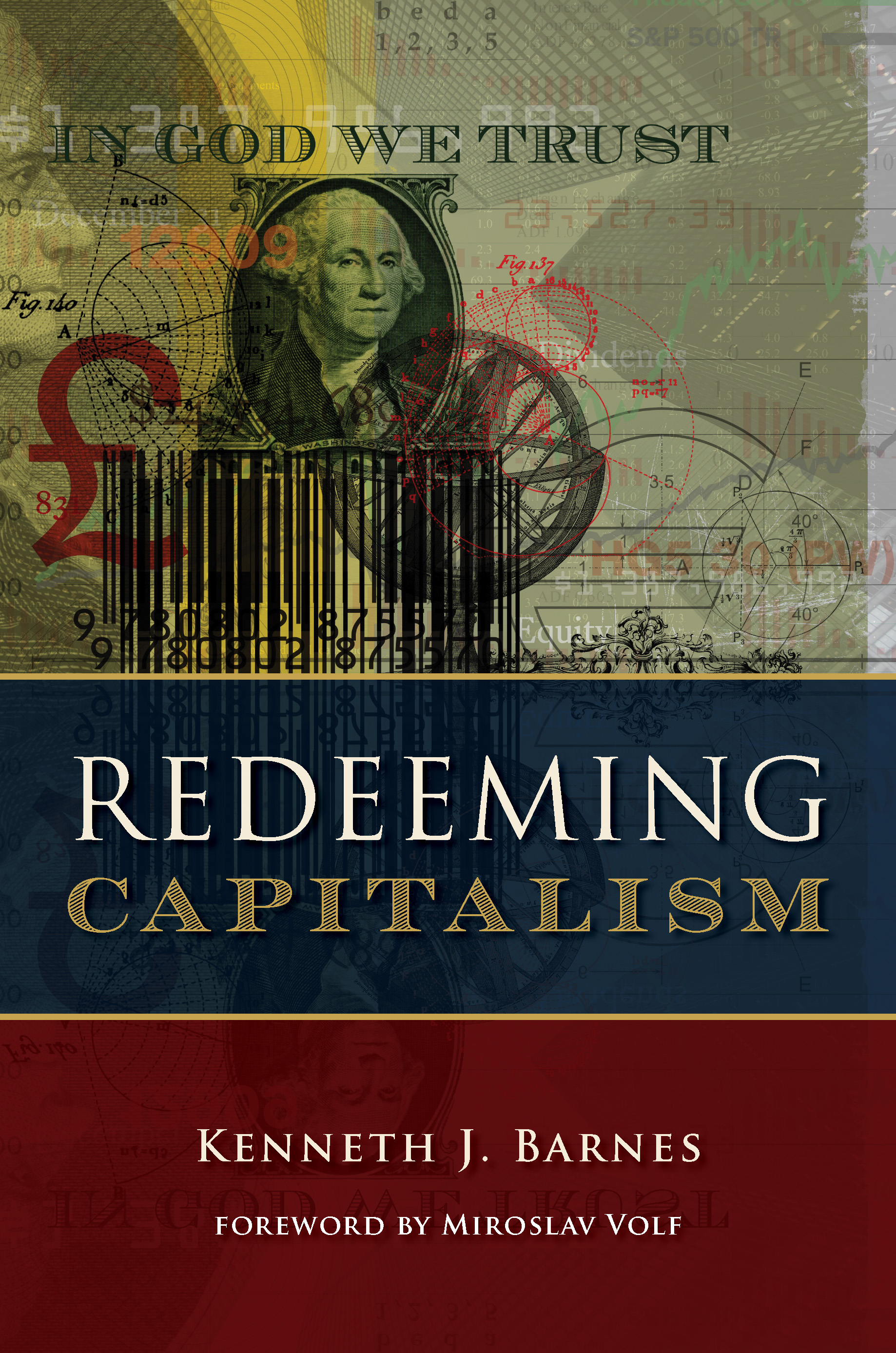
Kenneth Barnes currently holds the Chair in Work Place Theology and Business Ethics at Gordon-Conwell Theological Seminary. As might be expected, therefore, Redeeming Capitalism is about the theology and ethics of business. Its basic argument is simple: the capitalist economic system that now exists is not the same as that which has existed in the […]
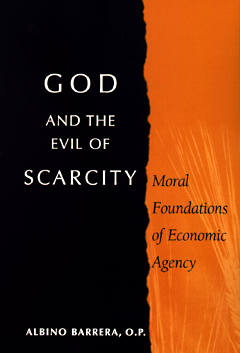
God and the Evil of Scarcity: Moral Foundations of Economic Scarcity was written in 2005, its central question is timeless. Why would an omnipotent and benevolent God permit evil? Theologians and philosophers have long struggled to explain why God would permit the suffering of innocents or natural disasters. Most conclude that God permits evil so […]
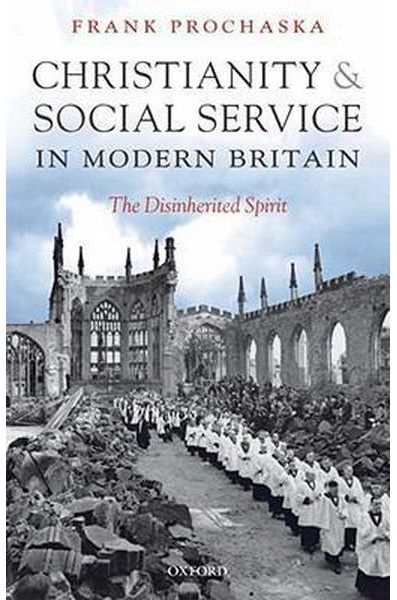
Frank Prochaska describes Christianity & Social Service in Modern Britain as “an interpretative study, which seeks to contribute to the history of social service, religious decline, and democratic traditions” (page (vii)). There is no doubt that, between the late Victorian years and the twenty-First century, the voluntary provision of social services in the UK […]

The Centre for Enterprise, Markets & Ethics (CEME) was delighted to host roundtable discussion on the topic of “Offshore Financial Centres: Tax Havens or Capital Efficiency?”. Our distinguished speakers were Barbara Ridpath, Director of St. Paul’s Institute and Prof. Philip Booth, Director of Research at St. Mary’s University. The event took place on the […]
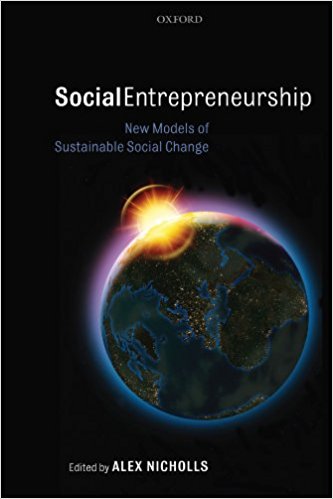
The great contribution of this book, edited by Alex Nicolls, now a Professor at the Said Business School in Oxford, is that it brings together in one place, and for the first time, the exciting stories of social entrepreneurship, analysis of issues and the academic research agenda. In doing so, the book is well-placed to […]

A great title from Grant Thornton. Several hundred people came together to celebrate the vibrancy of London and its economy and to look to the future. The CEO of Grant Thornton, Sacha Romanovitch, introduced the occasion reminding us of the central place the London occupies in the world economy, yet also the challenge of achieving […]
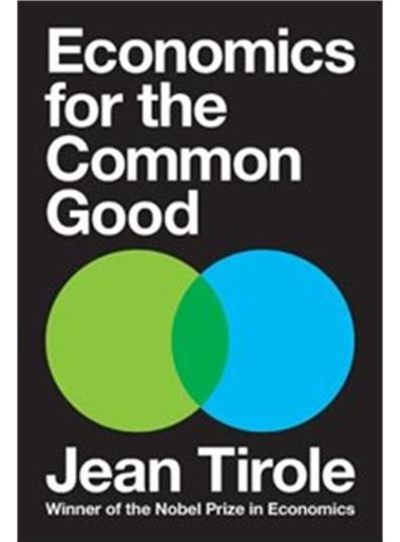
Economics for the Common Good is the latest publication by the 2014 Nobel Prize winner in economics, Jean Tirole. Among his numerous accolades, Tirole is currently the chairman of the Toulouse School of Economics and the Institute for Advanced Study at Toulouse 1 University Capitole. Some of his most notable books include The Theory of Corporate […]

By most accounts the biggest business story of the week was Facebook’s Senate Enquiry on the issue of privacy and internal practices. I will keep things brief, but I do believe that there are some highlights and concluding thoughts that can be made from the ten-hour, two-day affair. For the most part, it was […]
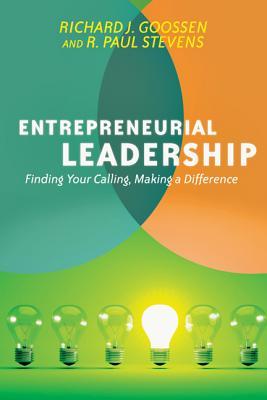
I have to begin by declaring something of an interest. Before becoming a priest in the Church of England I was an entrepreneur and writer of business books. For the majority of the time I ran my brand agency I was a non-Christian. Looking back, I think we managed to be a highly ethical business […]

It looks like this winter has not only brought us some harsh weather, but also a harsh reality check for the consumer industry. On Wednesday 28th February 2018 ‘Toys R Us’ UK collapsed into insolvency, leaving over 100-based UK stores facing foreclosure and over 3,000 staff with a big question mark over their employment. […]

Case Study 1 A friend of mine recently asked me about a possible investment in a bond returning 9%. He wanted to know if it was too good to be true. Almost certainly. I asked what other alternative rates he had researched – by and large these seemed to be between 0.75% and 1.25% […]

First, welcome to the new weekly blog of the Centre for Enterprise, Markets and Ethics. We have published occasional blog posts in the past but from February 2018 we intend to publish a weekly blog, although exact timings may vary: – Reflecting on any relevant news stories – Establishing a series of posts on […]
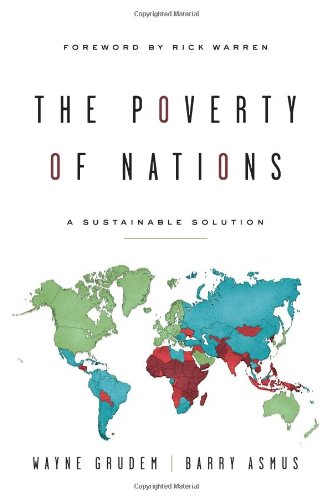
The Poverty of Nations comes with enthusiastic endorsements: Robert Sirico says that “The table of contents alone provides clearer instruction than many graduate students get in economics courses” and Rick Warren asserts that “It should be required reading in every Christian college and seminary, by every relief and mission organisation, and by every local […]
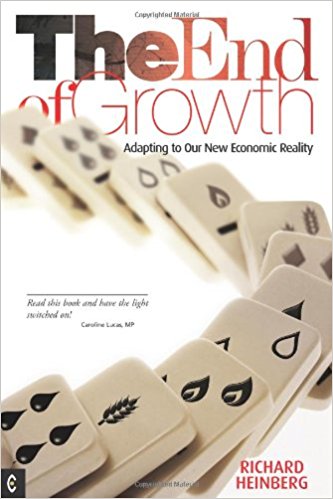
Richard Heinberg is an American journalist and author that has dedicated most of his writing career to environmental causes. His most notable works include publications such as, The Party’s Over: Oil, War, and the Fate of Industrial Societies (2003), and Powerdown: Options and Actions for a Post-Carbon World (2004). Just from the book titles […]

A Voice To Be Heard is not a systematic economic, theological or historical analysis of Christian entrepreneurship, although it contains a number of economic, theological and historical observations. Instead, it comprises ordered reflections on Christian entrepreneurship based around the stories and thoughts of 50 contemporary Christian entrepreneurs interviewed by the authors. The authors are […]
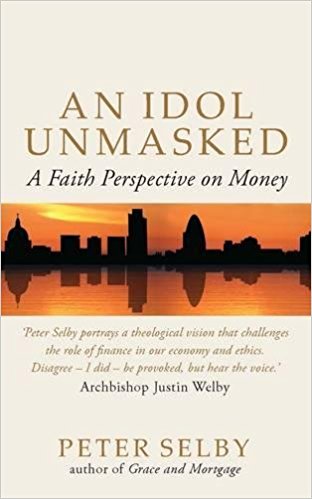
Peter Selby’s polemic against modern money, An Idol Unmasked, was published a few years ago now, in 2014, but captures an attitude to money and modern finance that remains widely prevalent. It is, as he says, a book ‘about money, what it has become, and what it represents in our lives’ (page 3). His […]

The Centre for Enterprise, Markets & Ethics (CEME) was delighted to hold a lecture and roundtable discussion on the topic of “Capital Markets for the Good of Society”. Our distinguished speaker and author was Dr Lyndon Drake. “Capital Markets for the Good of Society” is available to order as a publication here. Discussion Minutes: Tuesday […]
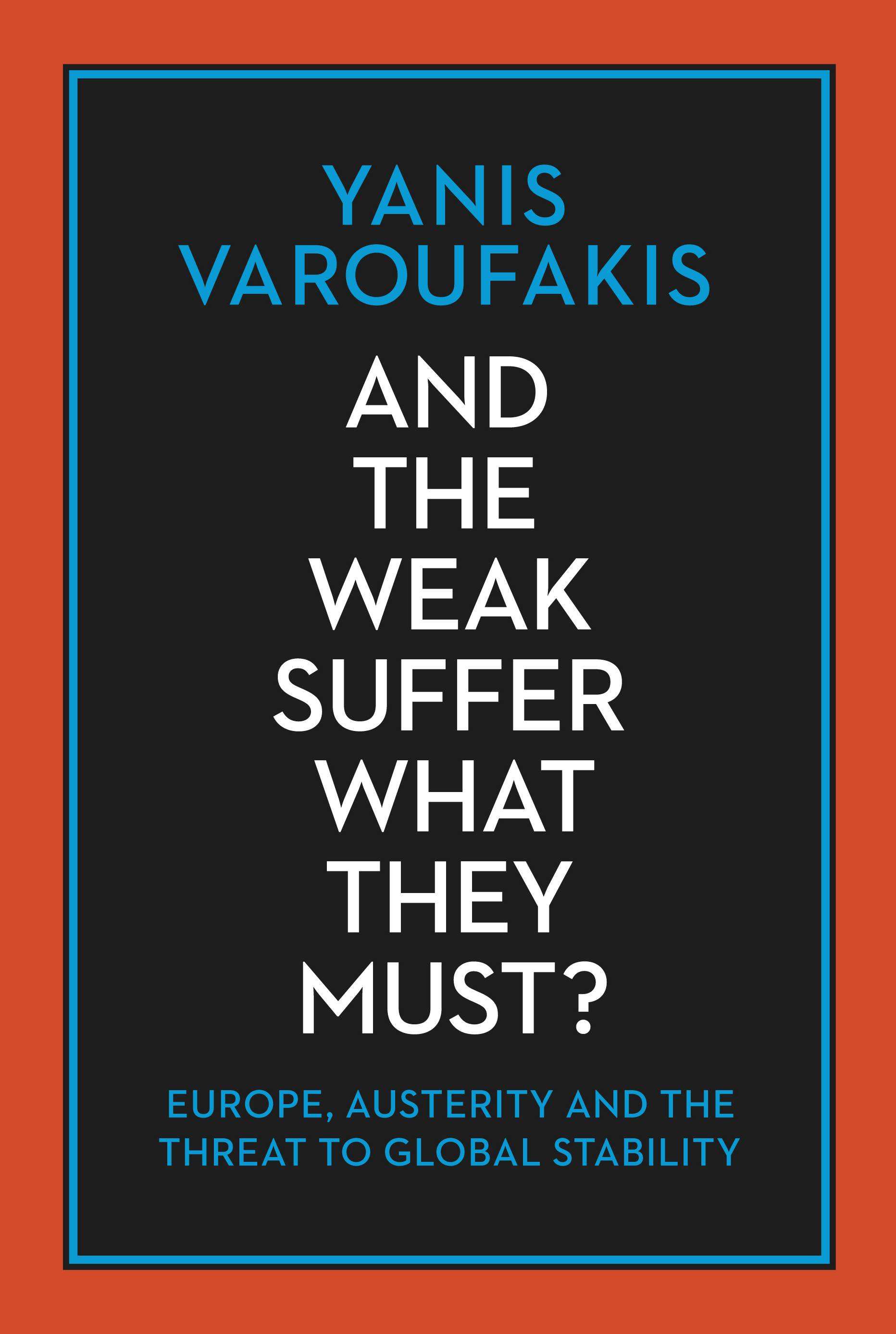
In this book, Yanis Varoufakis (Professor of Economics at the University of Athens) gives a highly informative and very well-informed account of the austerity measures enforced by the institutions of the European Union (EU) since the financial crisis which began in 2007-2008. He also sets these events and policies in the wider context and […]
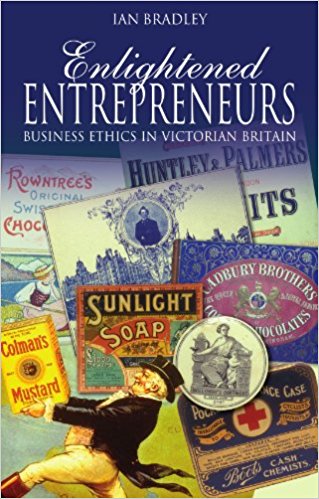
This book’s subtitle is deceptive; it is not a volume about business ethics so much as a fascinating piece of social history. Ten great Victorian entrepreneurs are described in turn, with very little attempt to add any interpretation. The names of the ten speak for themselves: Thomas Holloway, Titus Salt, Samuel Morley, George Palmer, Jeremiah […]
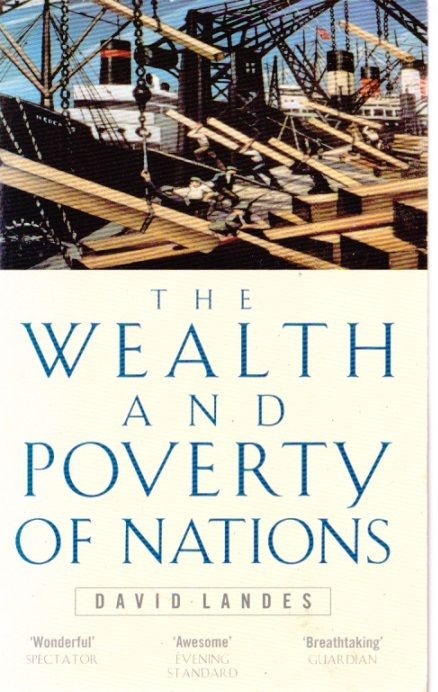
American essayist and novelist William Styron once said that “A great book should leave you with many experiences, and slightly exhausted at the end.” If we judge the late David Landes’ ‘Wealth and Poverty of Nations’ by this criterion, it most certainly fits the bill of a ‘great book’. It is a majestic display […]

Craig Blomberg (Distinguished Professor of New Testament at Denver Seminary, Colorado, USA) is a prolific author and his books are generally worth reading. Neither Poverty nor Riches is no exception. It is, to quote from Don Carson’s preface, “an extraordinary achievement” (page 9) and, having been published in 1999, it is well on the […]
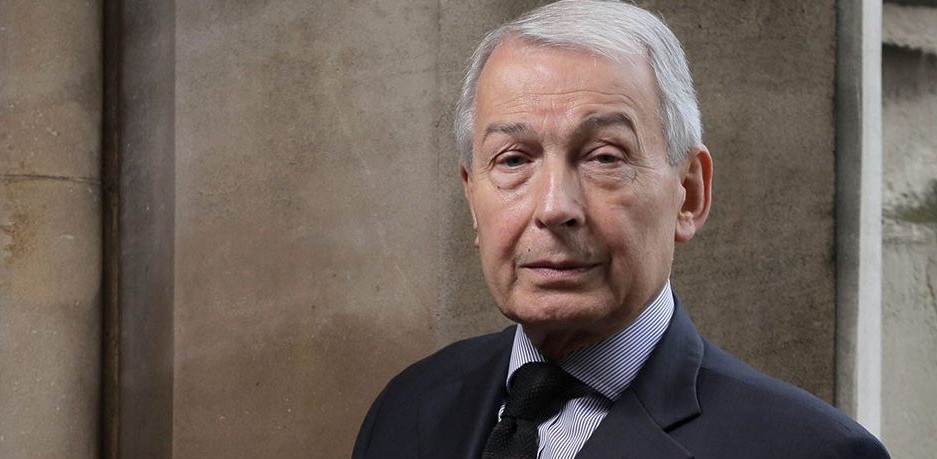
The Centre for Enterprise, Markets & Ethics (CEME) was delighted to hold a public lecture on “Poverty, Life Chances, and Destitution”. Our distinguished guest speaker was the Rt. Hon. Frank Field MP. Frank Field has been the Labour Member of Parliament for Birkenhead since 1979. He is a long-time campaigner on poverty, low-pay, and […]
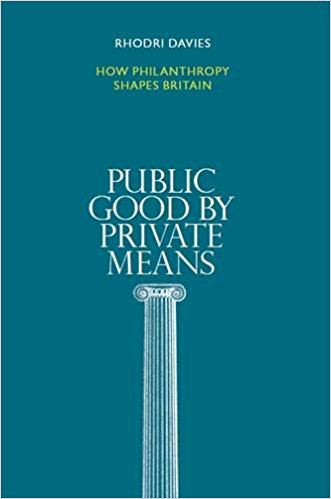
Rhodri Davies is the head of “Giving Thought”, the in-house think tank of Charities Aid Foundation. He believes that, “Although philanthropy is growing in prominence, there is still a real lack of clarity about its overall role in our society” (page 7) and in Public Good by Private Means he seeks to affirm its […]
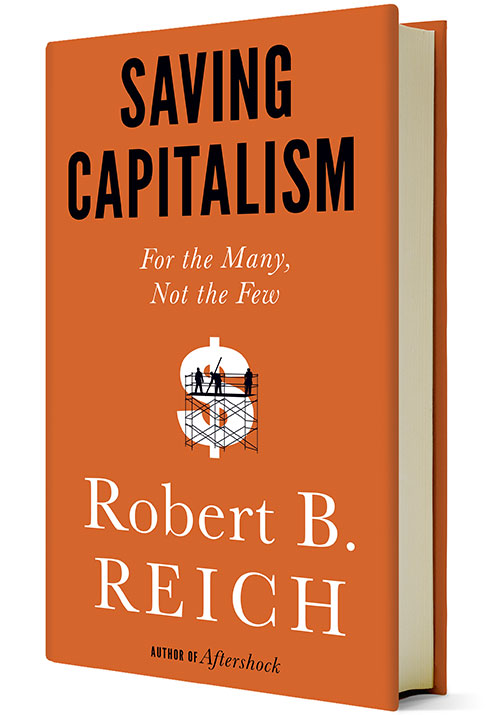
Saving Capitalism – For the Many not the Few is the latest addition to Robert Reich’s cohort of publications. He is perhaps best known for his previous work, The Work of Nations (1992) which raised the issue of growing inequality to the public sphere. Alongside his writing, Robert Reich is also a Professor at […]
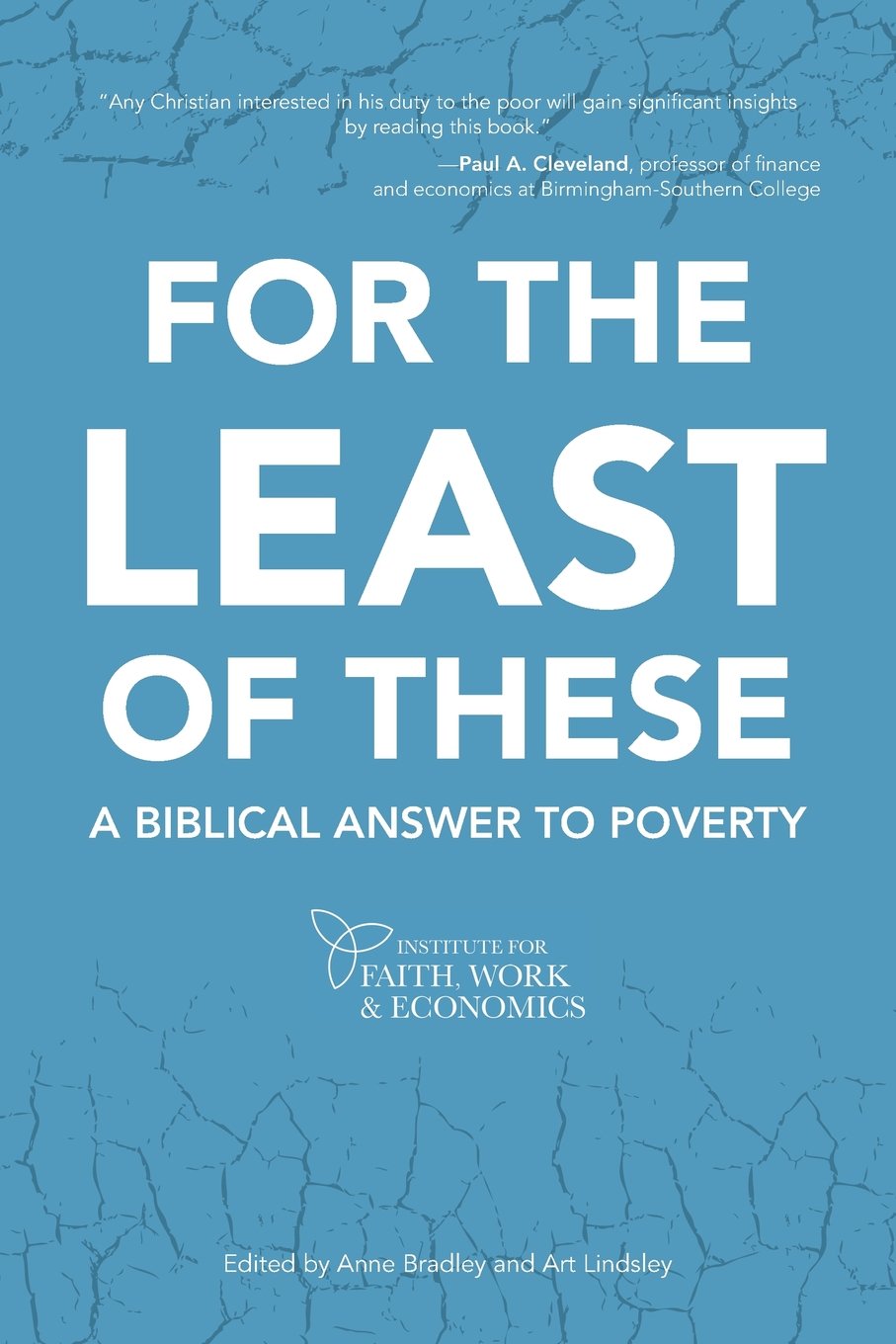
For the Least of These comprises a collection of short essays. Its purpose is clearly articulated by Arthur Brooks in the first paragraph of the Foreword: “The Christian Gospels make it abundantly clear that Jesus called on us to care for the poor. What is not at all clear, however, is the best means […]
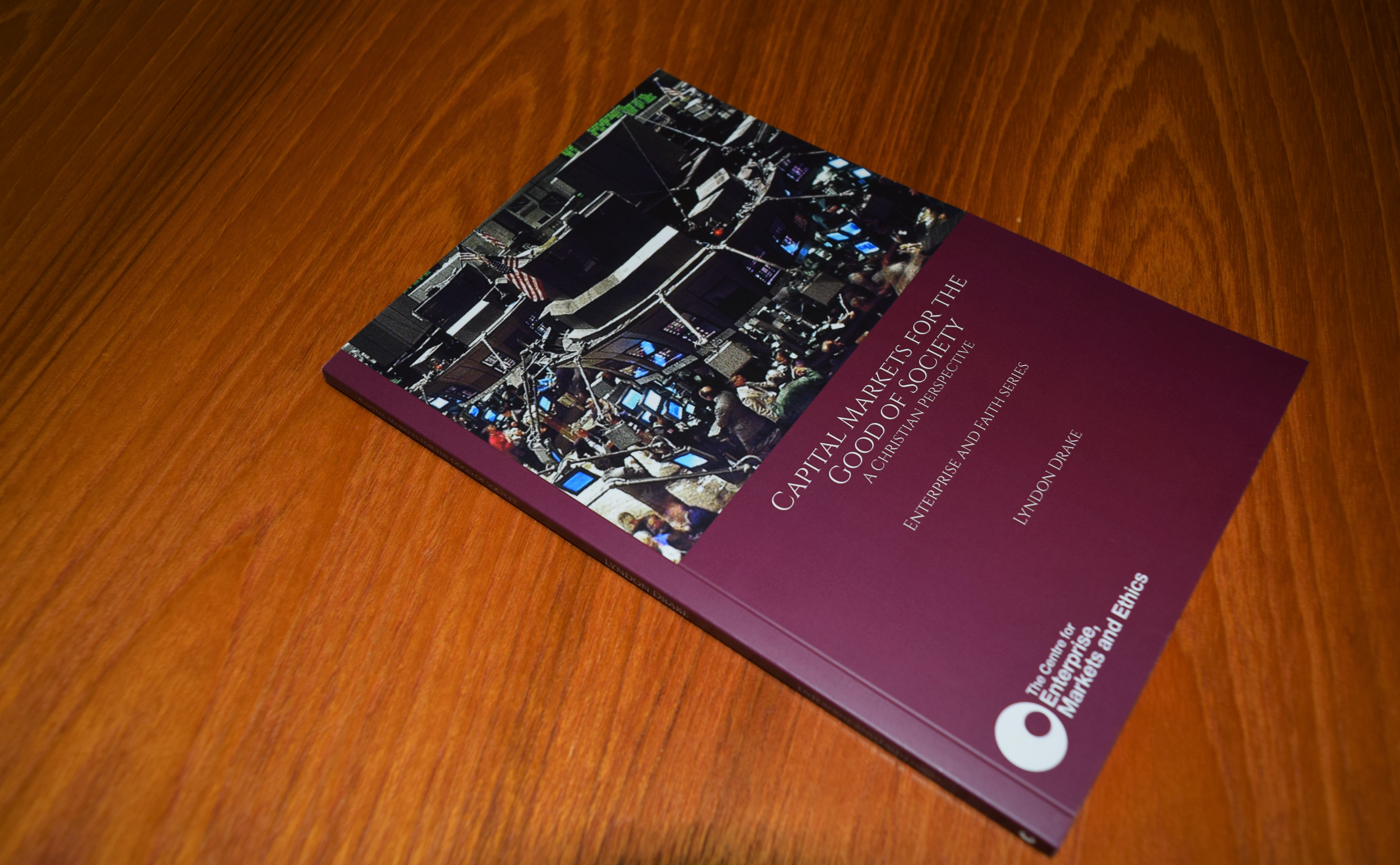
The Centre for Enterprise, Markets and Ethics (CEME) is pleased to announce the publication of Capital Markets for the Good of Society: A Christian Perspective by Lyndon Drake. The publication can be downloaded here. Alternatively, paperback copies can be ordered by contacting CEME’s offices via email at: office@theceme.org

This book is a collection of previously published articles and one unpublished conference paper, with a new 46 page long introduction. It is therefore not a book that develops an argument skillfully and steadily, rather it hammers away at certain themes, sometimes repetitively. Streeck acknowledges this in his Note on the Text, where he […]
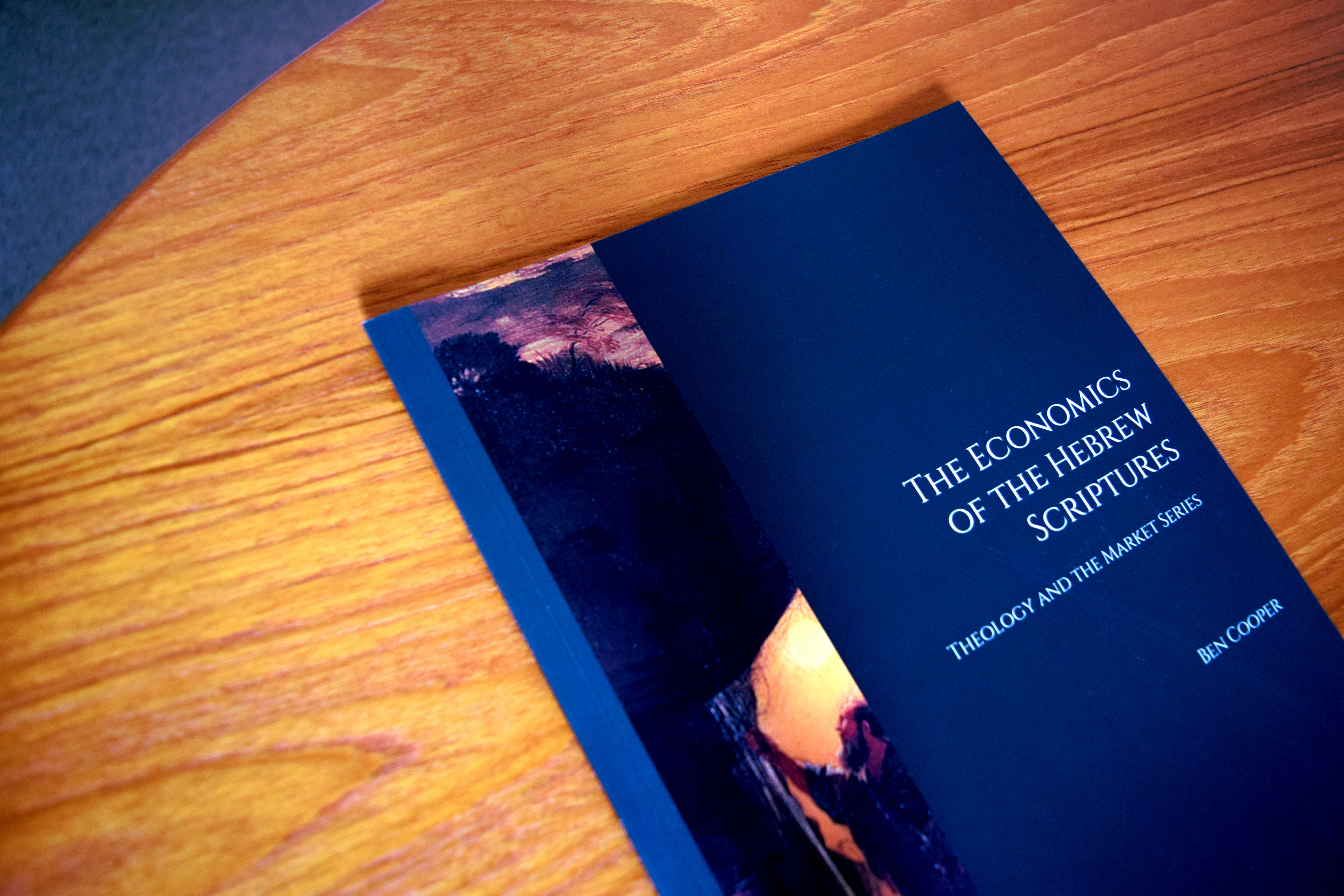
The Centre for Enterprise, Markets and Ethics (CEME) is pleased to announce the publication of The Economics of the Hebrew Scriptures by Ben Cooper. The publication can be found here. Alternatively, for hardcopies please contact CEME’s offices via email at office@theceme.org

This is an excerpt from the The Mais Lecture: Restoring Trust in the Banking System at Cass Business School, May 24th 2017. For the full text, please click here. It is a great honour to be invited to deliver the Mais Lecture this year, the 38th occasion on which it has been given. It […]

Carbon Trading – Unethical, Unjust and Ineffective? by Cameron Hepburn was presented at the “Green Markets, Sustainable Business” conference on Thursday 2nd March 2017, at One Great George Street, London.

In 1987 ICI, one of the leading chemical conglomerates at the time, described its purpose as follows: ICI aims to be the world’s leading chemical company serving customers internationally through the innovative and responsible application of chemistry and related science. Through the achievement of our aim we will enhance the wealth and well-being of […]
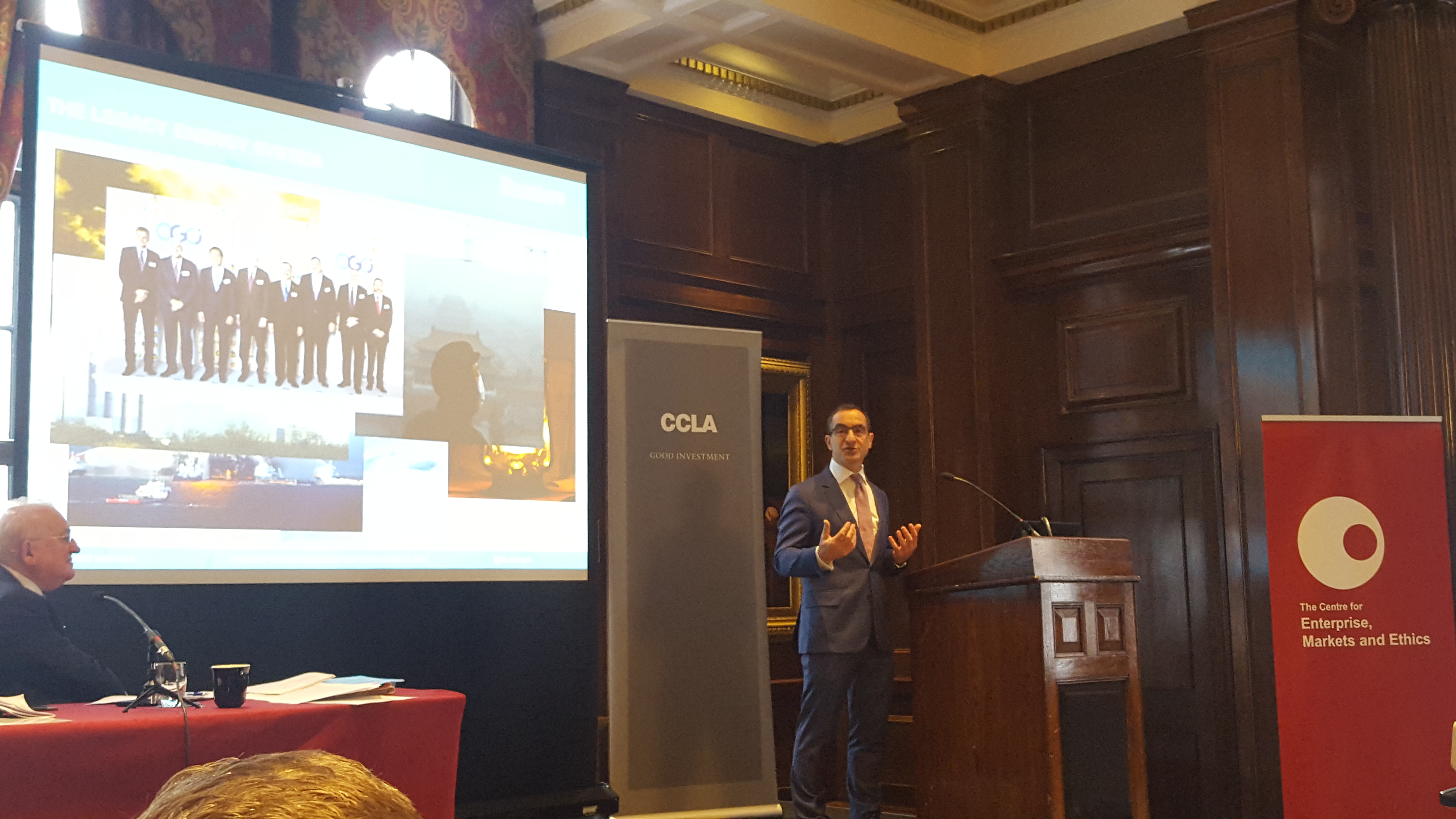
The Centre for Enterprise, Markets & Ethics (CEME) held a conference on ‘Green Markets, Sustainable Business’. Hosted by CEME and sponsored by CCLA Investment Management, the event focused on the green economy, investment trends in sustainable energy, and the environment. It proved to be a terrific debate with passionate engagements from both the speakers and the […]
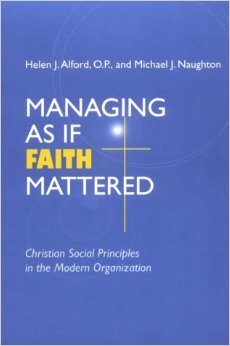
“Managing as if Faith Mattered” is the first volume in the Catholic Social Tradition Series, published by the University of Notre Dame Press in response to Pope John Paul II questioning how many Christians really know and put into practice the principles of the Catholic Church’s social doctrine. Its target audience is thus, first […]
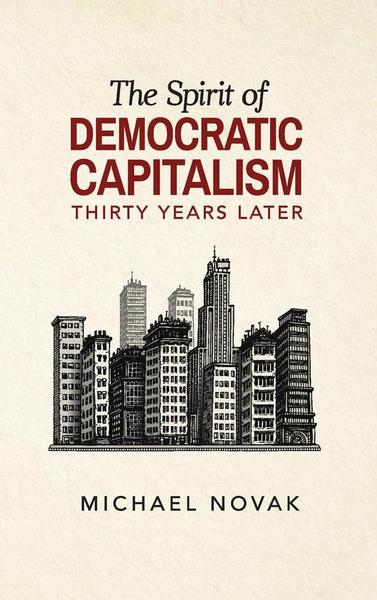
Revd Dr Ben Cooper is Minister for Training at Christ Church Fulwood in Sheffield. He holds doctoral degrees in both Theology and Economics. Before training for ordained ministry, he was a post-doctoral research fellow in economic theory at Nuffield College, Oxford. He is married to Catherine and has three children. Martin Novak is an American […]
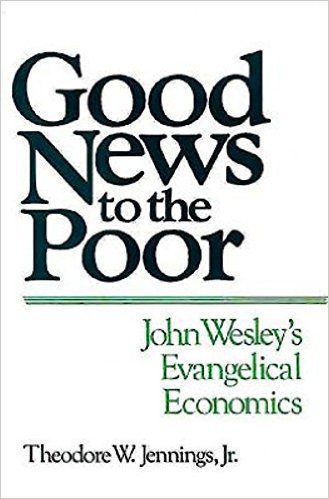
John Wesley’s influence in the history of Christianity is indisputable. His movement for ‘scriptural holiness,’ his foundation of Methodism as both movement and denomination, his organisational prowess, his spiritual passion for the established church, all form part of his legacy. His Journals, letters and sermons are a goldmine of information and insight. Naturally this […]

I first read this book shortly after it was published in 1994, at a time when I was starting to explore the interface between Christian ethics and economics. Re-reading it some twenty years later has been instructive, now that this field has been developed rather more and is taken seriously again by at least some […]
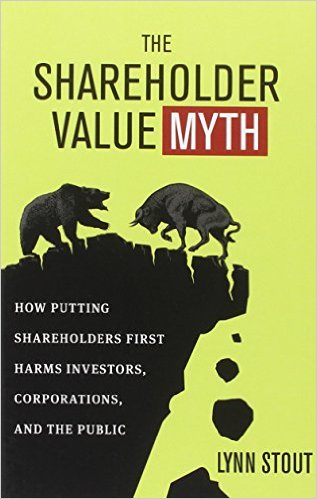
They often say ‘never to judge a book by its cover’, that initial external appearances can distort or even deceive the audience from the content that lies within. Well, the principle doesn’t apply here. Lynn Stout’s The Shareholder Value Myth attempts to achieve exactly what the title entails: a pure and straight forward critique […]
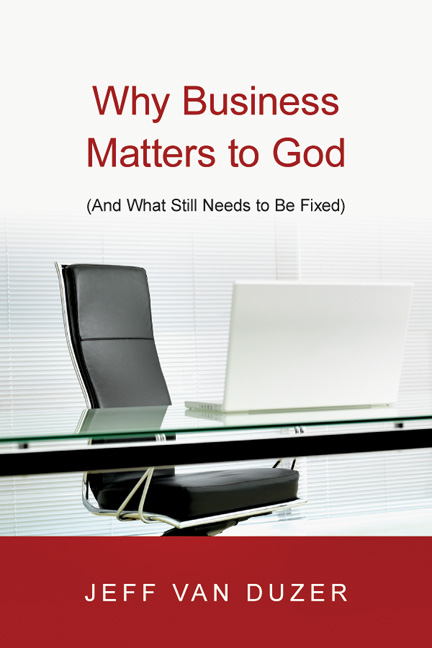
“Why Business Matters to God” is addressed to Christians. Jeff Van Duzer, now Provost of Seattle Pacific University and formerly Dean of its School of Business and Economics, suggests that Christians in business “have often been made to feel like second-class citizens in God’s kingdom” (page 9). His aim is to counter the attitudes that […]
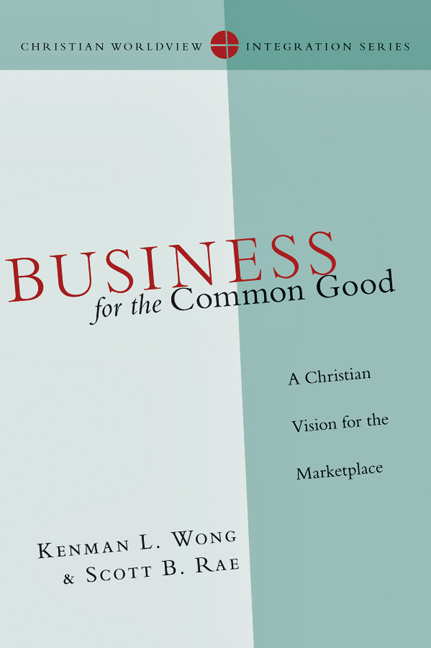
The concept of “the common good” dates back at least to Aristotle and has been used by political theorists, moral philosophers and economists down the ages, including people as diverse as Thomas Aquinas, John Locke and Adam Smith. It is a basic concept in Catholic social teaching and is easily understandable by all. However, […]

The Centre for Enterprise, Markets and Ethics (CEME) is pleased to announce the publication of Ethics in Global Business: Building Moral Capitalism by Andrei Rogobete. The publication can be downloaded here. Alternatively, hardcopies can be ordered by contacting CEME’s offices via email at: office@theceme.org

CCLA Investment Management and the Centre for Enterprise, Markets and Ethics held a book launch, lecture, panel discussion and reception. Author Revd Canon Edward Carter spoke about his new book, published by The Centre for Enterprise, Markets and Ethics as part of its series on Enterprise and Faith. A distinguished panel included Joanna Moriarty, Lord […]

The Center for Enterprise, Markets and Ethics, in conjunction with Campion Hall (University of Oxford), held a roundtable discussion on the “Common Good”. We were delighted to have, among others: Brian Griffiths (Lord Griffiths) – Chairman, Centre for Enterprise, Markets and Ethics Revd Dr James Hanvey – Master, Campion Hall Professor Philip Booth – […]
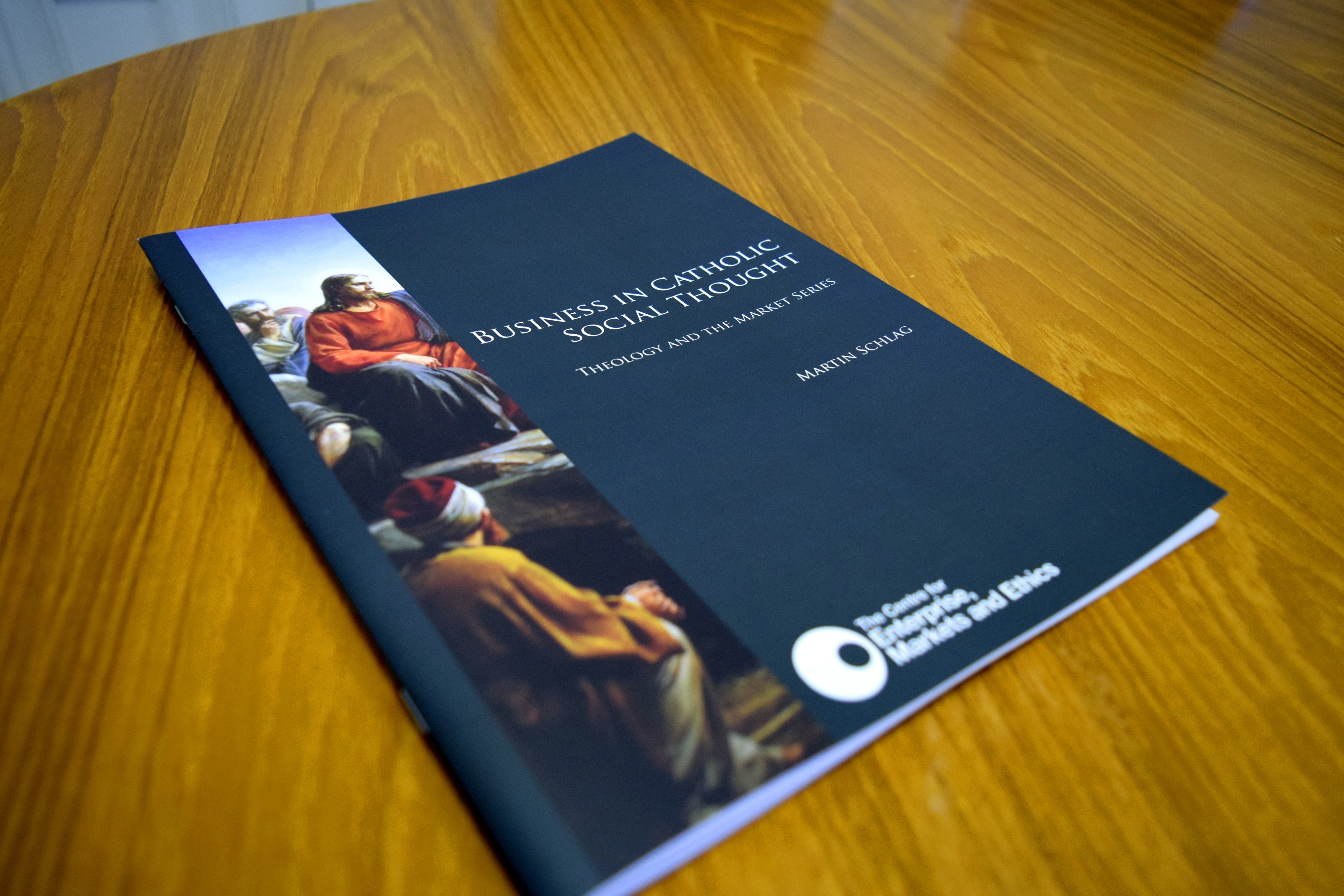
The Centre for Enterprise, Markets and Ethics (CEME) is pleased to announce the publication of Business in Catholic Social Thought by Martin Schlag. The publication can be downloaded here. Alternatively, paperback copies can be ordered by contacting CEME’s offices via email at: office@theceme.org or by telephone at, (+44) 0186 5513 453.
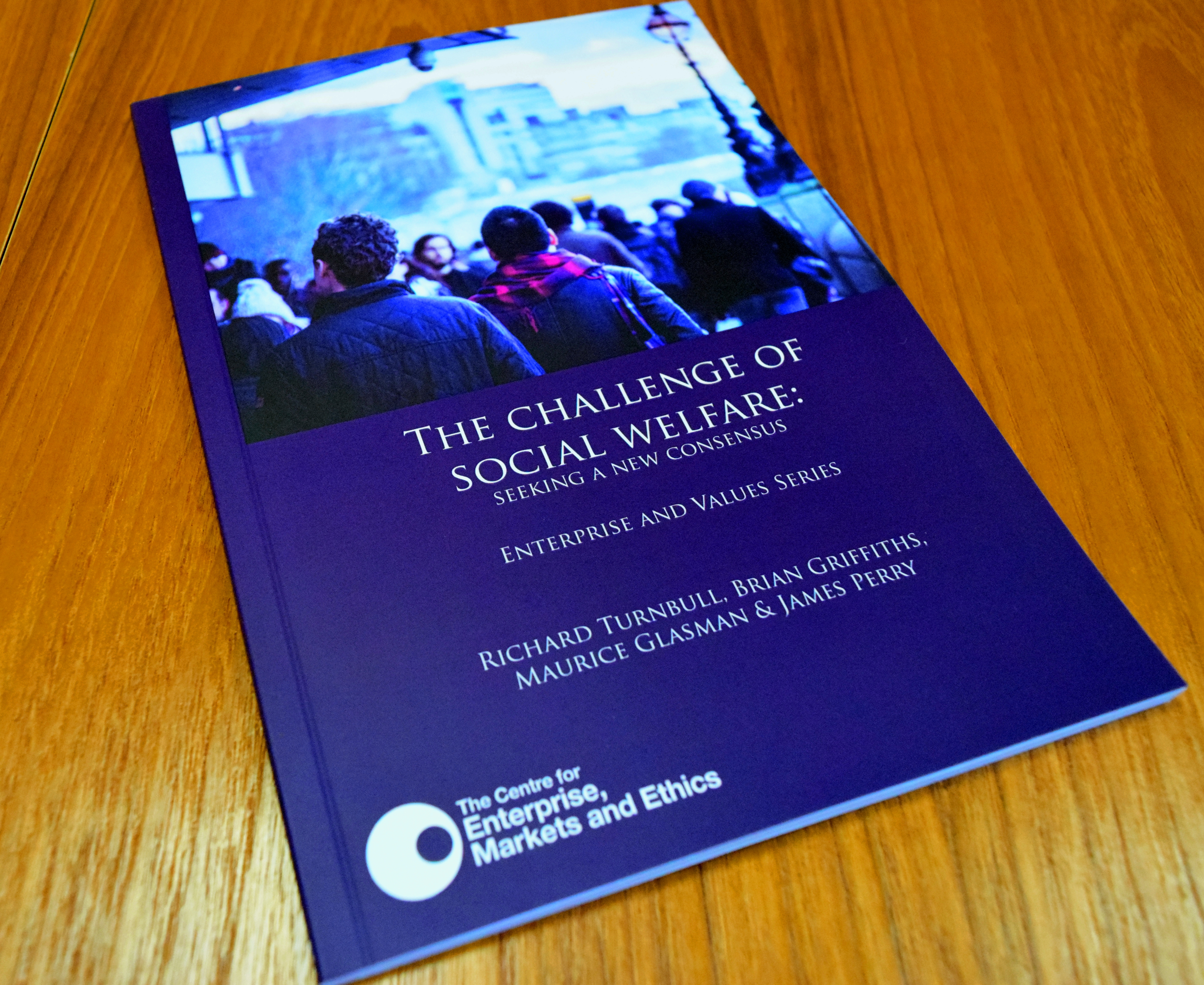
The Centre for Enterprise, Markets and Ethics (CEME) is pleased to announce the publication of The Challenge of Social Welfare: Seeking a New Consensus by Brian Griffiths, Richard Turnbull, James Perry and Maurice Glasman. The publication can be downloaded here. Alternatively, a hardcopy can be ordered by contacting CEME’s offices via email at: office@theceme.org or by telephone at, (+44) 0186 […]

The Center for Enterprise, Markets and Ethics held an event on “Tax and Morality – Is there a moral case for a low-tax economy?” We were delighted to have, among others, Mr Alister Heath (Deputy Editor, The Telegraph) and Mr Andrew Sentance CBE (Former member Monetary Policy Committee, Senior Economic Adviser to PwC) as guest speakers. The event took place on Tuesday, 14th […]
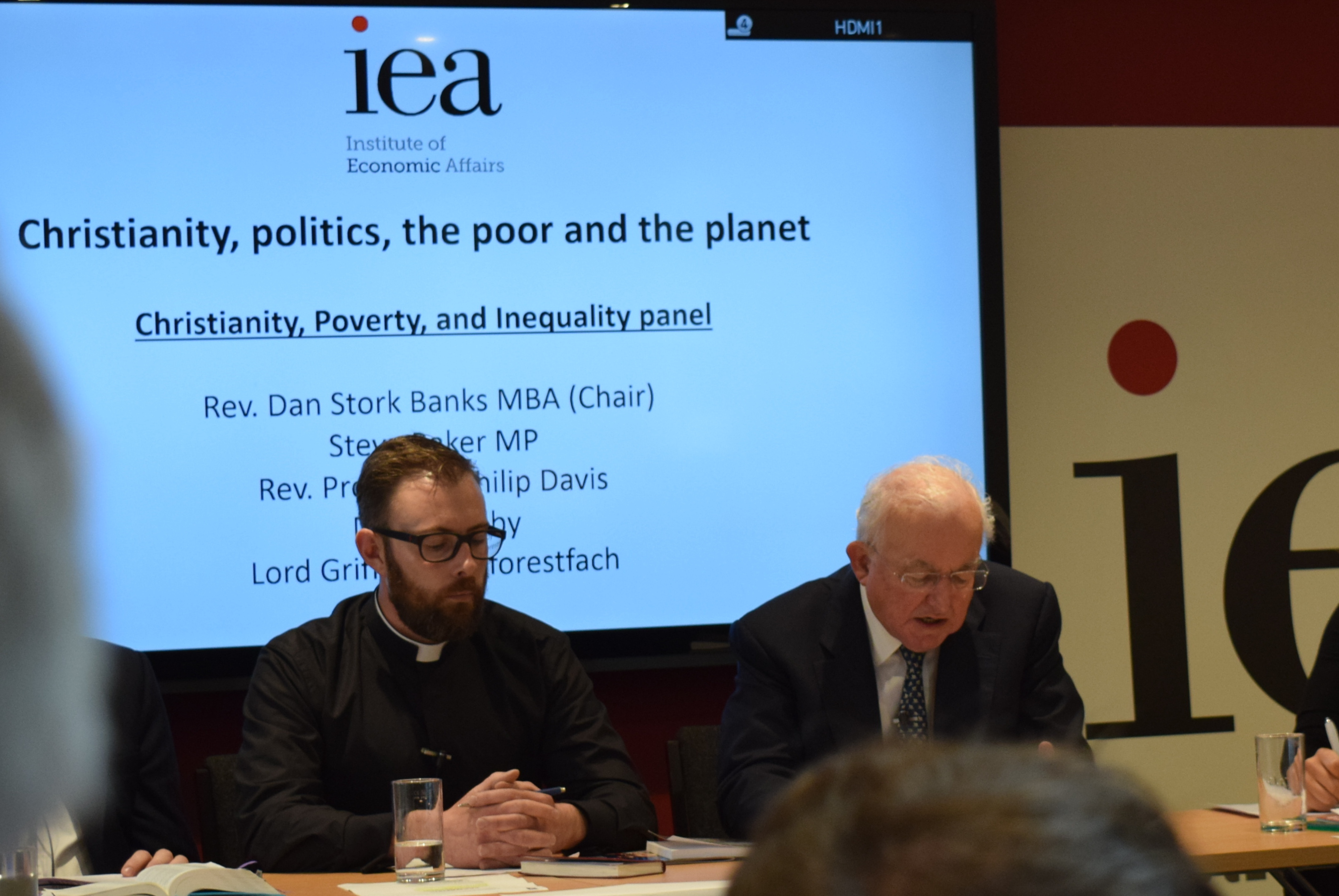
On Wednesday the 21st of October, CEME Chairman Lord Brian Griffiths and Dr. Richard Turnbull (Director), took part in a conference held at the Institute of Economic Affairs (IEA) in London. The focus of the event was to challenge and debate concepts within “Christianity, politics, the poor and the planet“. The event was formed of two panels, one on poverty and […]

On behalf of Lord Griffiths of Fforestfach and Michael Quicke OBE, Chief Executive of CCLA Investment Management Limited, CEME held an event on the 16th of July 2015 that focused on The challenge of social welfare: Thinking through the principles. We would probably all agree that poverty is scar upon humanity. However, that is where agreement often […]

A message from the Director, Dr Richard Turnbull: Tax and morality Is the purpose of taxation payment for common services (defence, health, welfare) or a tool for the redistribution of wealth? That decision, and the balance between them, is a political one. However, there is nothing intrinsically moral about either high or progressive taxation. First, higher rates of taxation may not raise […]
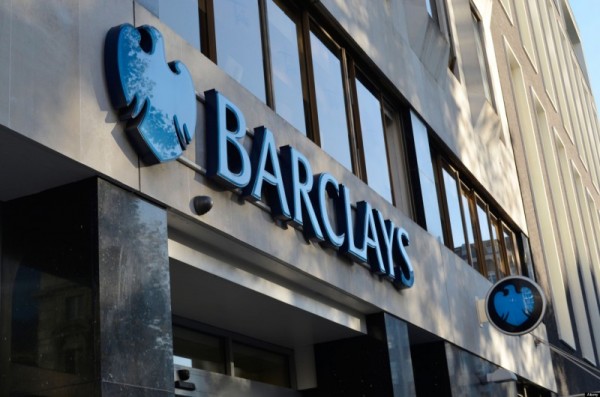
The frugality and simplicity of the Quaker character encouraged the patient wait for economic return in entrepreneurial activity – the precise opposite of the greed that seems so much at the forefront today. On the 26th of November 2014, the Centre for Enterprise, Markets and Ethics held a discussion on Quaker Capitalism: Lessons for today? We […]

A message from the Director, Dr Richard Turnbull: The market and morality The market economy is not perfect. However, we do sometimes forget that it is the market that has delivered significant prosperity to the world and lifted millions of people out of poverty. Improvements in literacy and sanitation have contributed to a significant reduction in the […]

The second in the series “Conversations in Business” was held on 21 February 2013. The papers presented by the panellists, on the topic “Regulation and the British Economy : Freeing up the Enterprise Economy” can be found here. The panel consisted of: Bernard Grenville-Jones, Businessman & Entrepreneur – click here Baroness Judith Wilcox – click here Dr Richard […]

A message from the Director, Quaker Capitalism and virtuous companies I am fascinated that in the early years of the industrial revolution some of the great businesses were established by Quakers – not least the first iron foundry established by Abraham Darby. There were many others, Cadbury, Rowntree, Clarks’ Shoes, Barclays and Lloyds. Why was this so? The answer […]